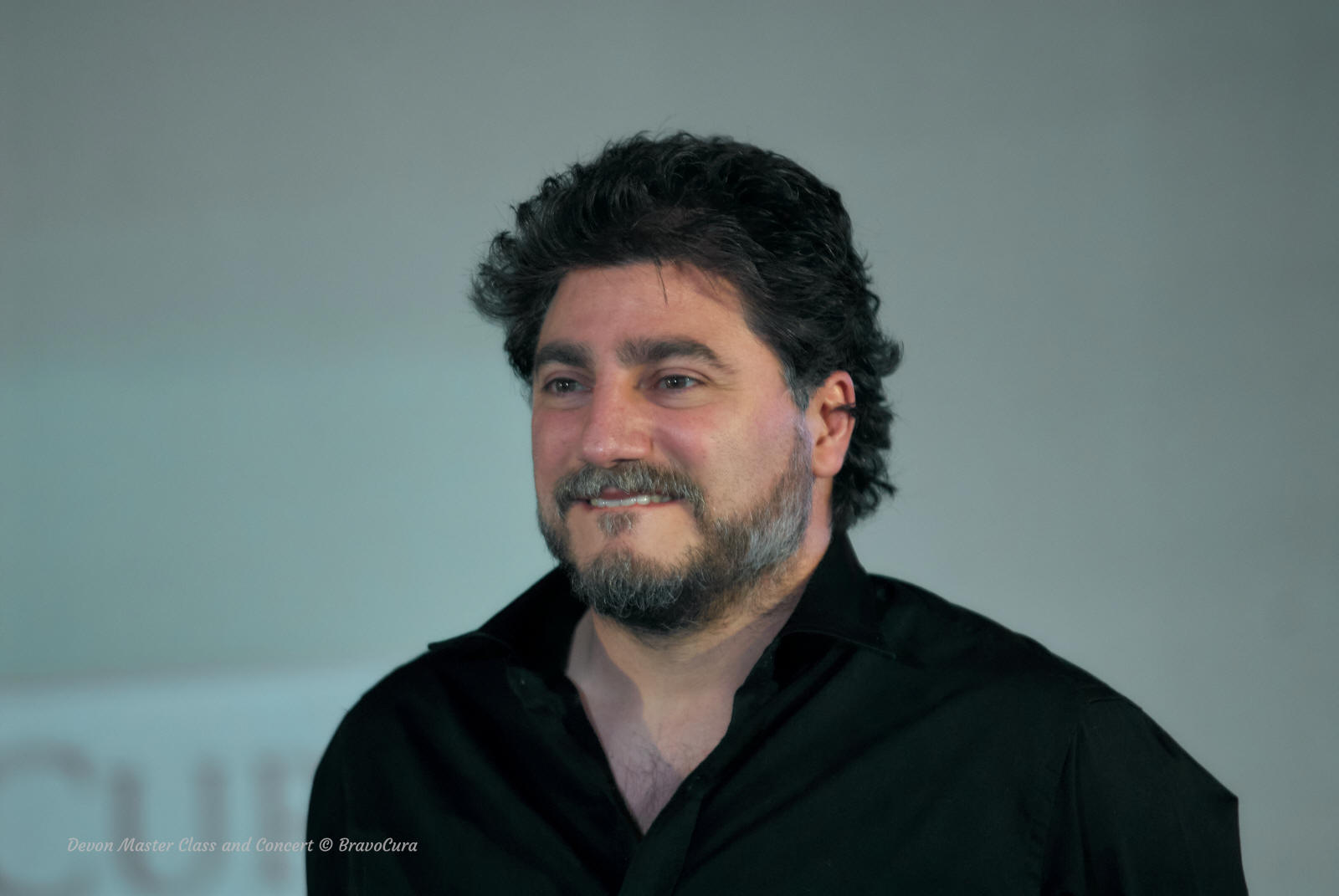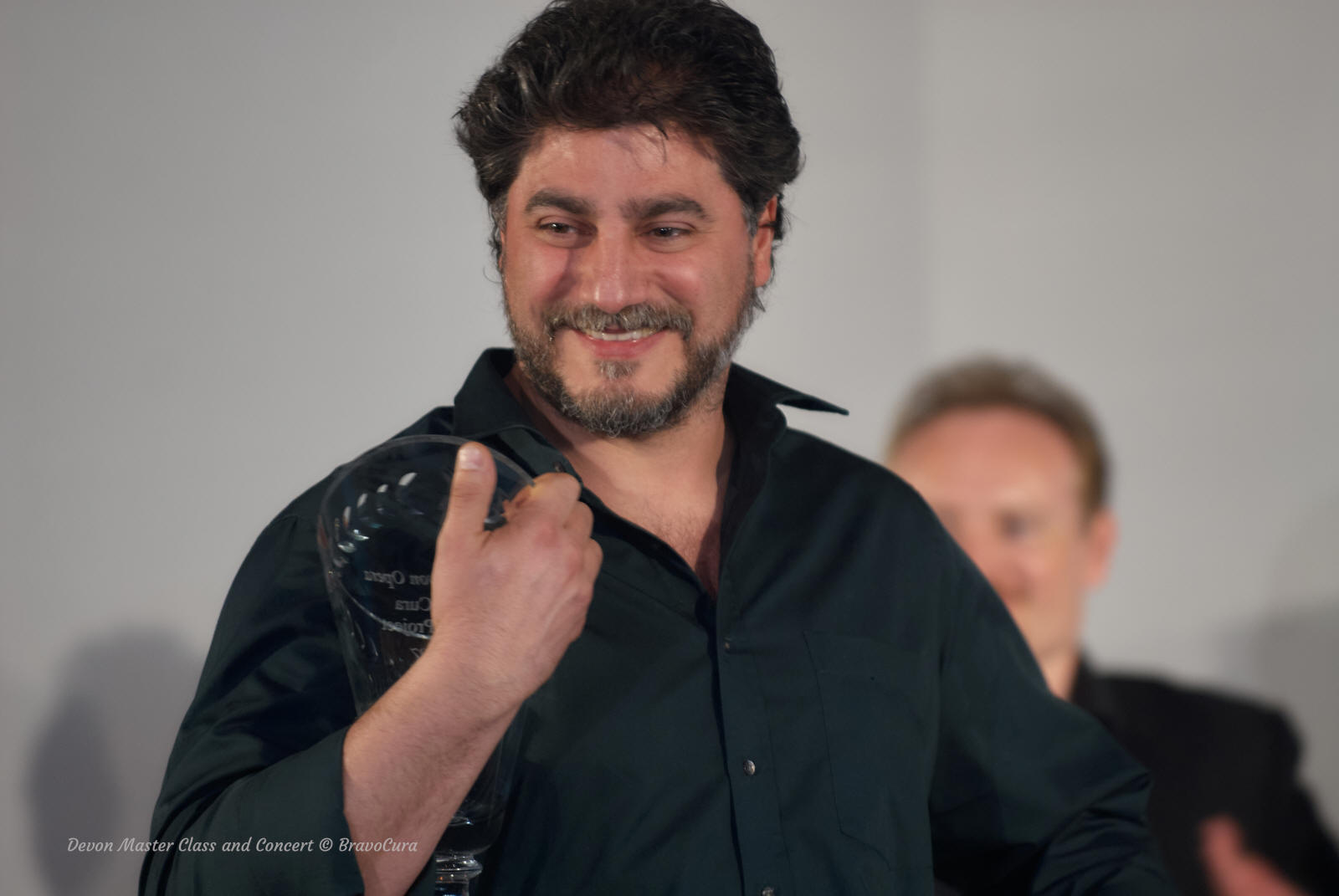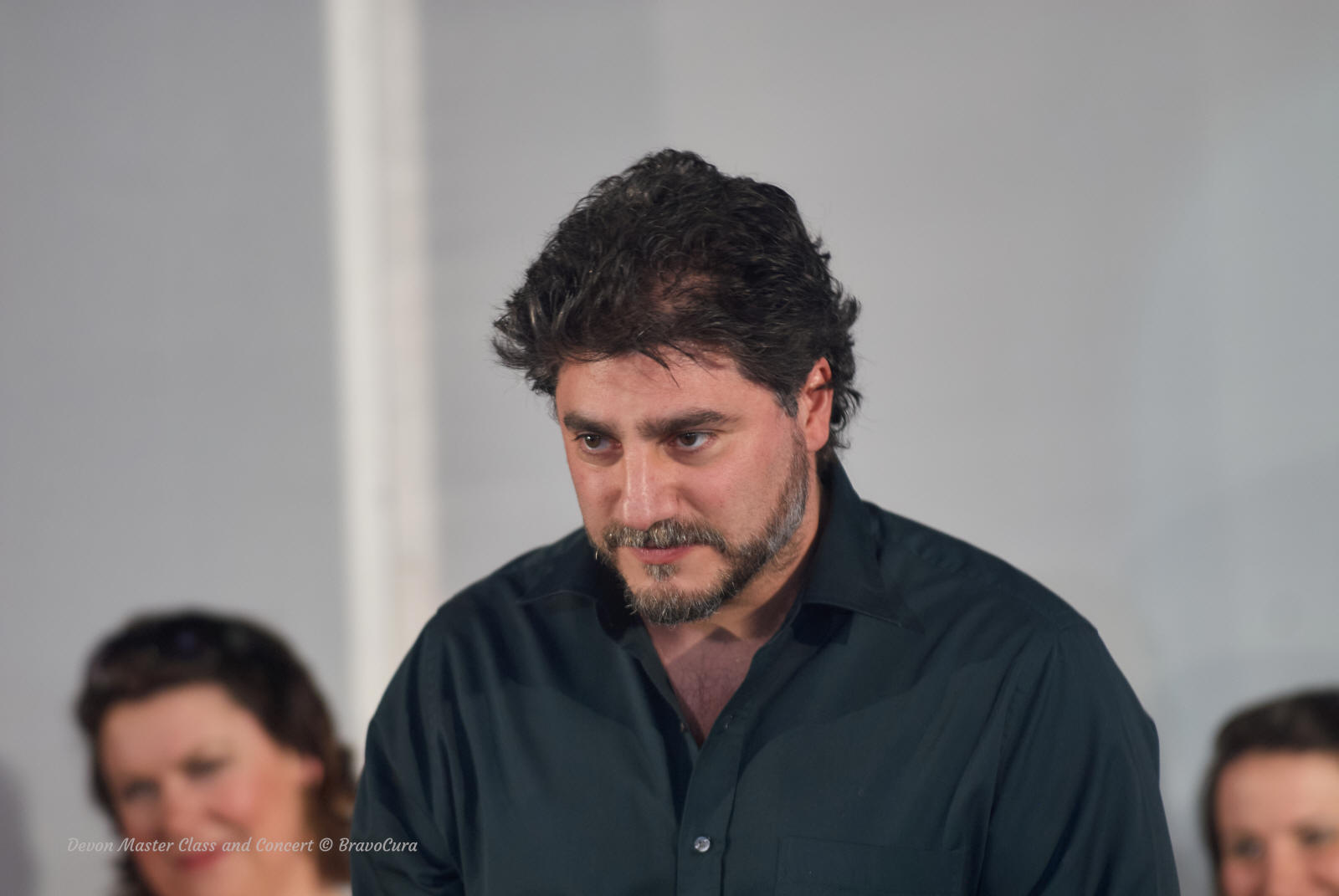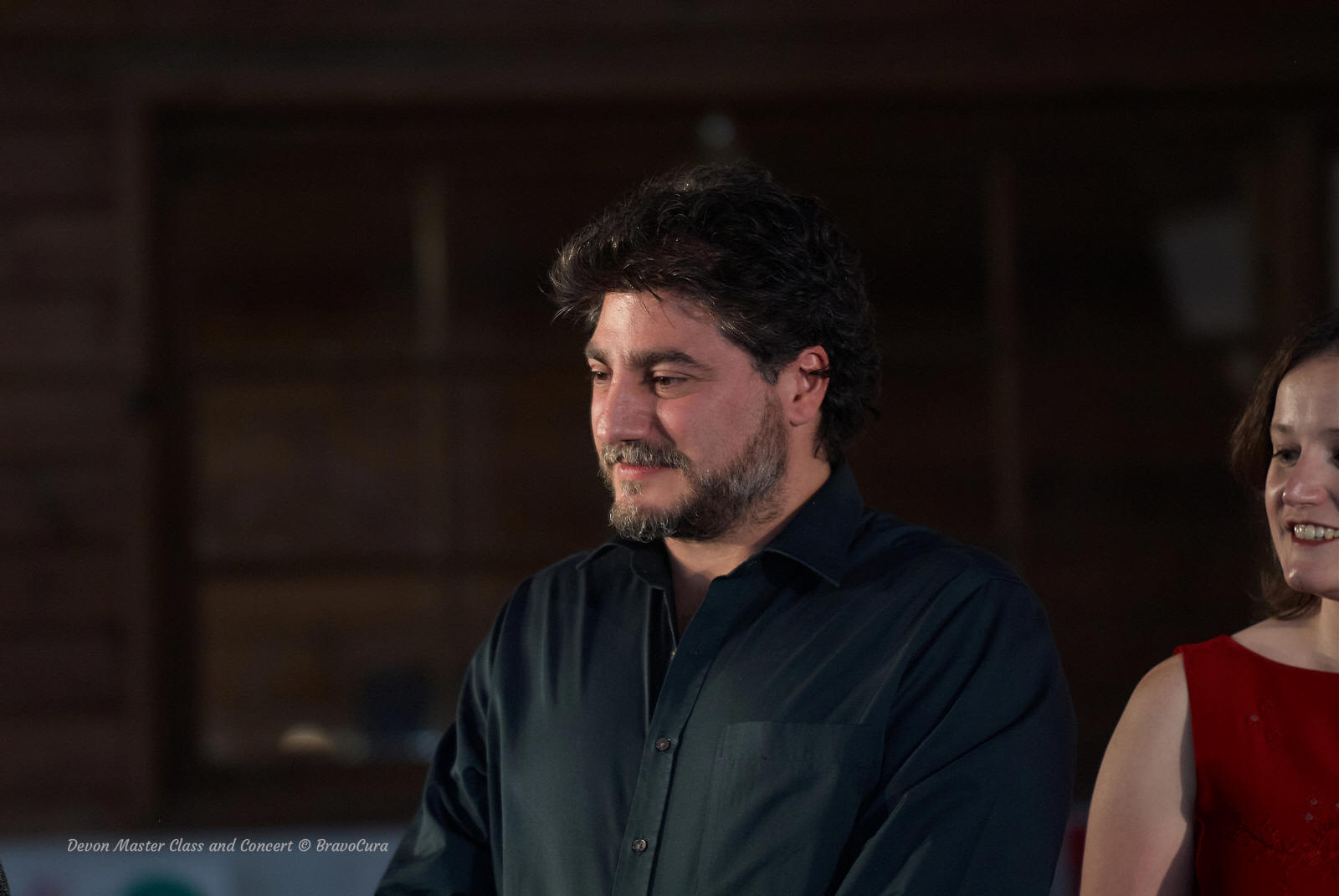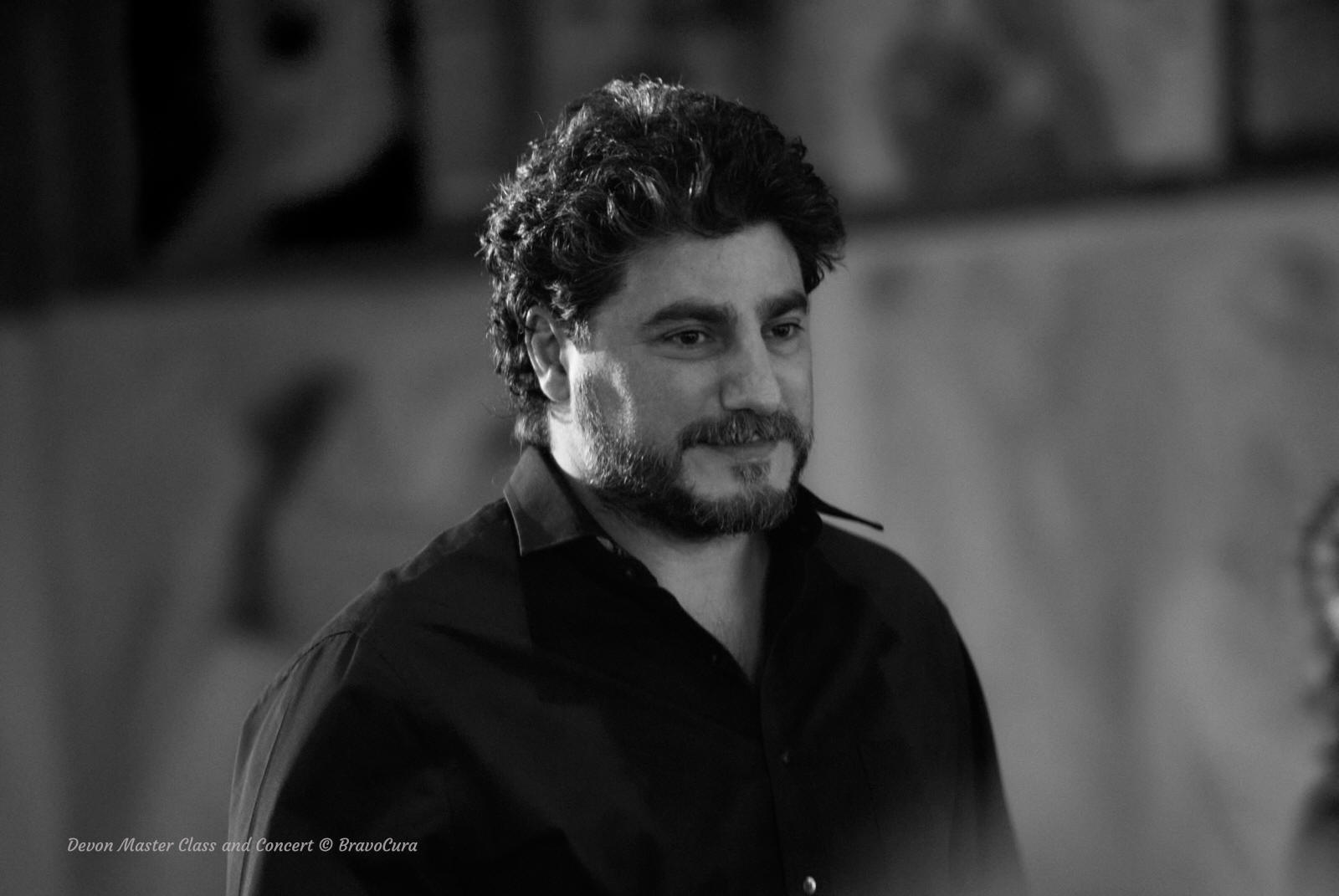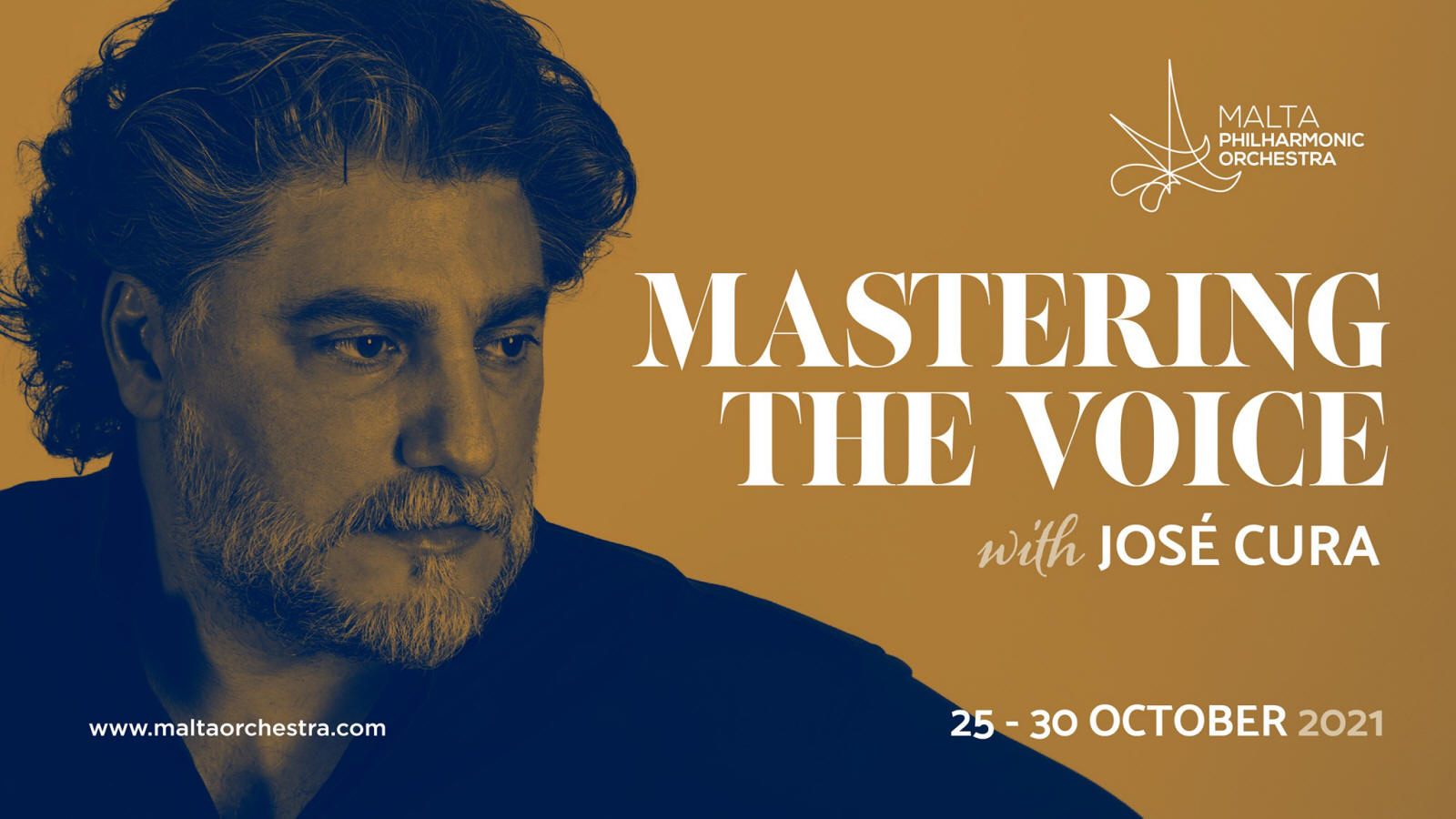
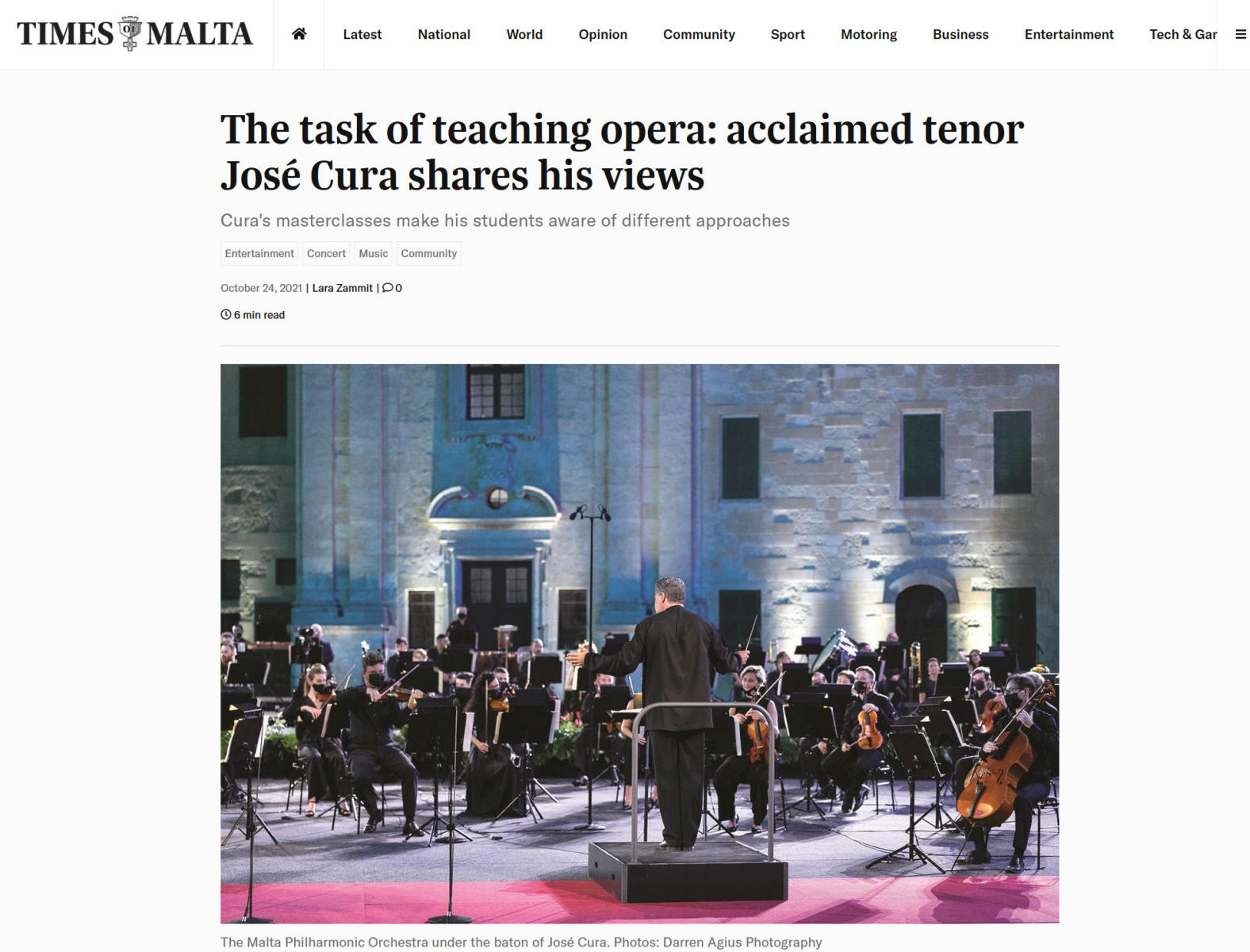
|
World-famous opera star and conductor JOSÉ CURA is renowned for his original interpretations of opera characters, innovative concert productions and intense conducting. He speaks to Lara Zammit ahead of a week of masterclasses organised by the Malta Philharmonic Orchestra. José Cura, renowned as an operatic tenor, conductor, director, scenographer and photographer, is also known for his holistic teaching approach. In an initiative by the Malta Philharmonic Orchestra, Cura is set to give a series of masterclasses during the last week of October culminating in a closing concert featuring the participants at the Astra Theatre in Gozo. Speaking to Times of Malta on his pedagogical style, especially in relation to his singular perspective as a polymath, Cura said that his way of teaching is intrinsically linked to his experiences in these diverse fields. “Who I am today as an artist and as a person is the result of experiences I have gone through in many different fields,” he began. “I could never teach without the same holistic approach. My only concern is to not overwhelm students with things they are not prepared to handle because this can only make them anxious. “It’s just as important to teach what’s necessary in a given moment as it is to hide what’s not mandatory to teach in that same moment.” The singer went on to emphasise that the practice of teaching should centre on the student and not the teacher. “Teaching is not for the teacher to brag about his presupposed wider knowledge but to shore up the growing plant so that it develops as best as possible. But the effort required for it to flourish is the plant’s responsibility.” Cura explained that it is essential that students have adequate technical ability prior to attending a masterclass, stating that this is the requirement to which he holds the given hosting institution.
|
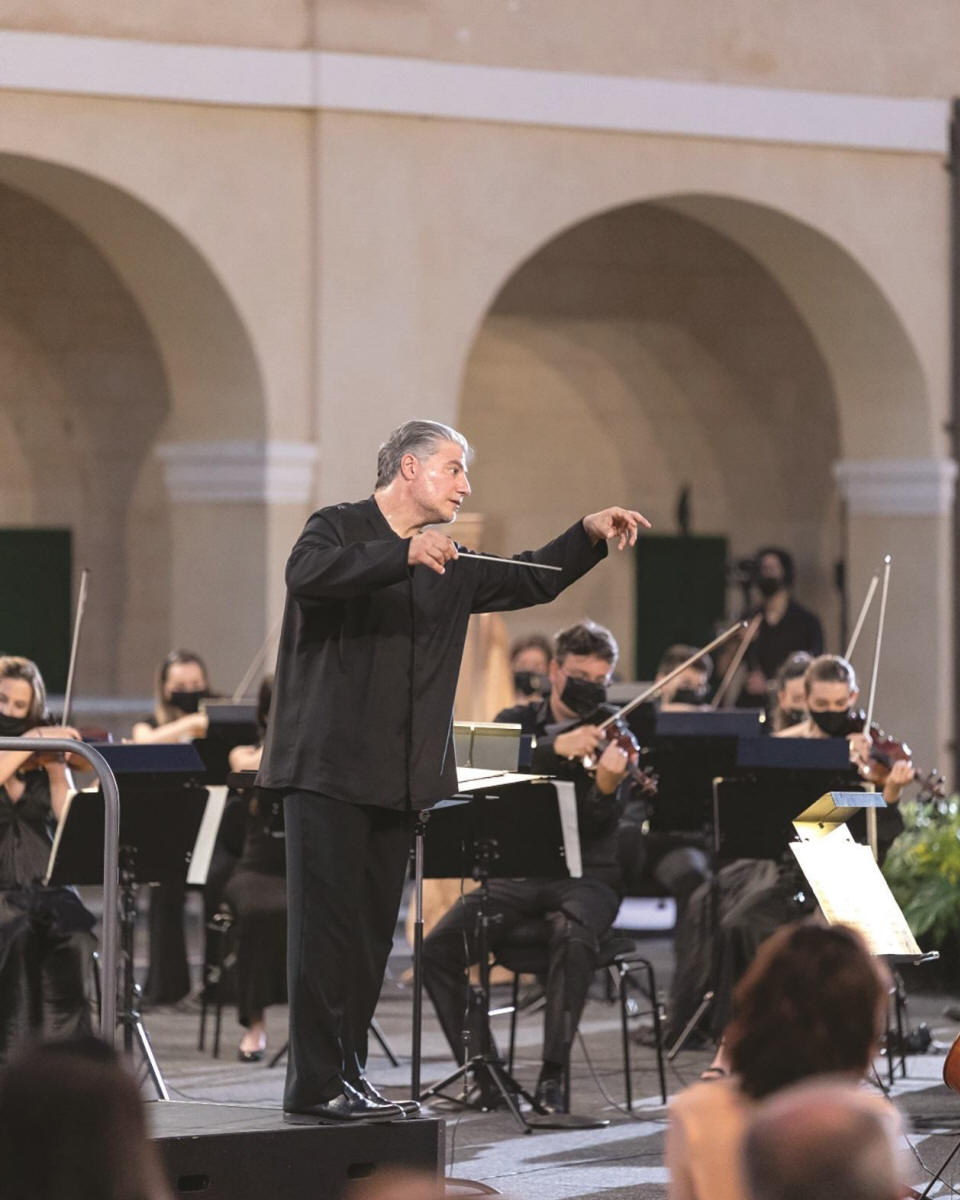
|
“Otherwise, I cannot deliver a masterclass but a beginners’ class,” he explained. “This distinction is essential. You can demolish a house in a couple of days if you have the proper tools, but you cannot build it back up in the same period of time. “As a teacher, I have to be conscious of the fact that if I turn a young singer’s technique upside down, unless I can dedicate the necessary time to pick up the pieces with them, I would be causing more harm than good. With experience, you develop a sixth sense that allows you to identify problems which need months to be fixed, including an incorrect technical gesture that could be righted with a quick nudge.” Asked about his main aim when conducting a masterclass, Cura said that his intention is to instill a correct sense of how to approach opera within his students. “When masterclasses are short in duration, my aim is to make the students aware of how things should be approached in terms of text, style, phrase, body language, among others, so that they can go further in depth on these elements by themselves later on. “Of course, not everybody has that impossible-to-be-defined ‘thing’ that makes them stand out, but you will never know if you have it unless you try.” Cura recounted how he has often encountered students who take masterclasses just to have something to add to their CV, going on to say that the temptation to take shortcuts is ever-present. “Each person walks their own path. But having had a very long career gives me a privileged perspective on things. “When I started, the only ‘artificial’ trick we could use back then were microphones, and here I ‘still’ am, performing in an era in which the temptation to make your life easier using the amazing technical resources we have is almost irresistible… “Such resources, great in themselves when complementing previously acquired knowledge, are a danger for the ‘artist-to-be’ because by using them as a shortcut, young talents arrive at an ‘illusory peak’ well before they are ready to resist the strong winds that blow at such altitudes.”
Cura maintained that most careers nowadays are short-lived because people become famous before they are truly good enough to deserve their fame. “Climbing up the mountain using your own hands is imperative if you want to build up the muscles that will hold you firmly to the ground once you are up there,” he said. “If I can manage to transmit this to my students, my masterclasses would have been an achievement.” Opera singers often fluctuate between being “actors who sing” and “singers who act”. Elaborating on this distinction, Cura said that it is not enough for a singer to only master his voice. “Since the voice has almost always been the only necessary requirement for being an opera singer, our stars were some of the most amazing singers ever heard, but, by the same token, many of them were poor actors. “It is mandatory to recognise and be thankful for the fact that we wouldn’t be where we are as opera performers today if it were not for the glorious singers of the past who consolidated the principles of our singing technique, but the voice alone is not enough nowadays if we want our art form to last…
|
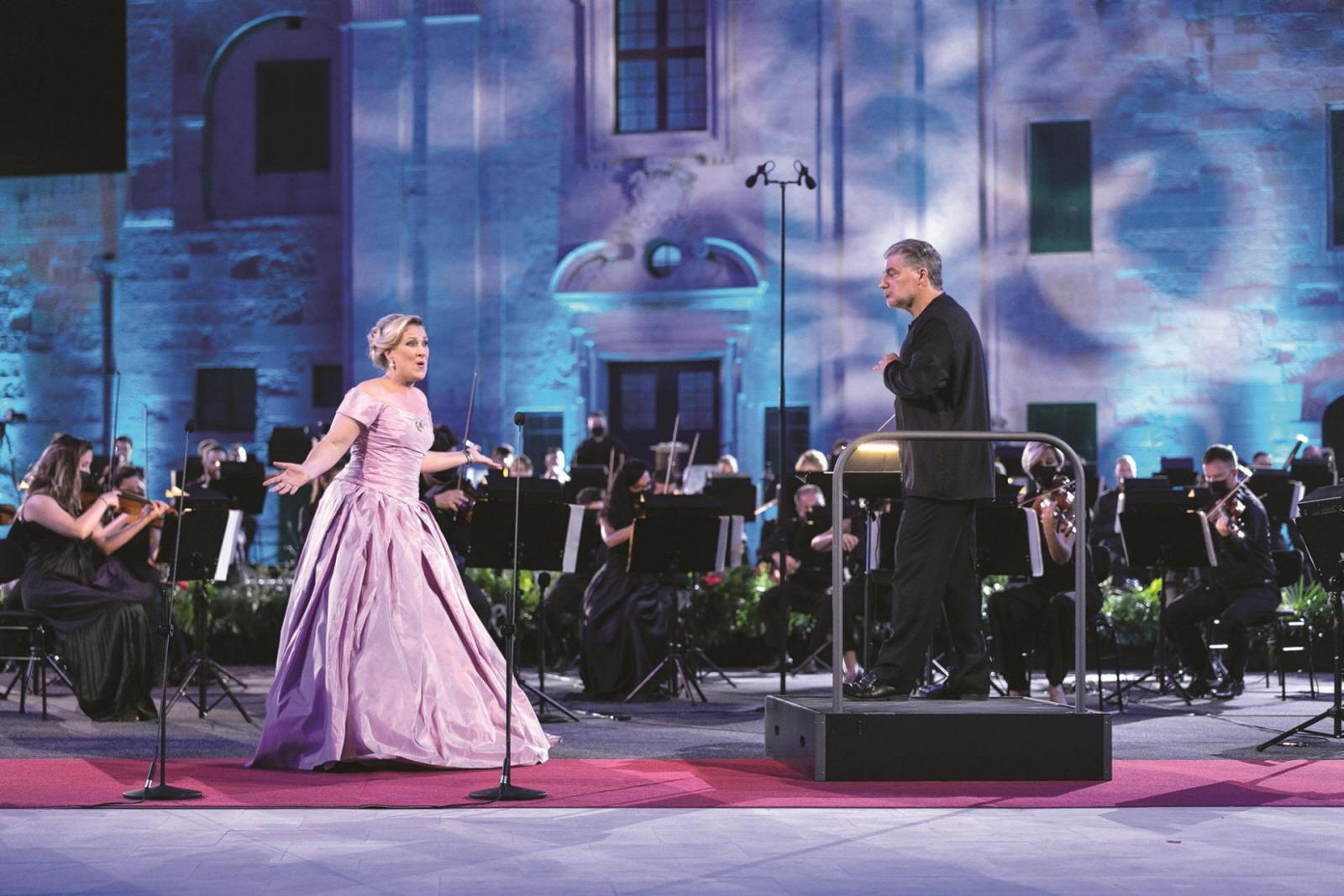
| “Only when a performer’s skill as a singer
matches his skill as an actor, only then is
a well-rounded opera singer worthy of being
called such. Otherwise you are a super singer
who pretends to act.” While emphasising that he does not want to negative on this point, Cura said he is convinced that these qualities, when also applied to opera conductors and to opera directors who ought to lead accordingly, “are the only way for opera to endure”. When asked what in his view makes the difference between an ordinary singer and an extraordinary one, Cura posited that, provided that good singing technique is there, “it is certainly not the beauty of the voice alone that makes the difference”. “Some of our legendary singers had voices that, to put it kindly, were more of an ‘acquired taste’, but it is that impossible-to-be-defined ‘thing’ mentioned earlier that makes the difference… “The Greeks call it ‘χάρισμα’ (charisma), the Spanish call it ‘duende’ (meaning ‘enchanting’ and ‘magic’ in this context). But then again, is it not exactly this that makes the difference when we talk about ‘communicators’ in general? And what is a singer if not a communicator who uses the magic of the human voice to tell stories?” Speaking about his experience leading the Malta Philharmonic Orchestra in the Grand Finale, the national orchestra’s season-closing concert last August, Cura said that meeting the orchestra amid COVID-19 was not the ideal way to be introduced to them, despite this not hindering him from developing a connection with the musicians in the end. “The conditions in which we have worked due to the prevalence of COVID-19 were not the ideal way for me to meet a new orchestra, but the immediate chemistry that was born under such an unusual and uncomfortable way of doing music, both for me and for the musicians, was tackled with such commitment and respect that I left already wishing to return as soon as possible. “In fact, here I am, hoping this is only the beginning of a long-term professional relationship which I believe can be very positive, not only for us but also for Malta itself,” he concluded.
|
|
PR Photos
|
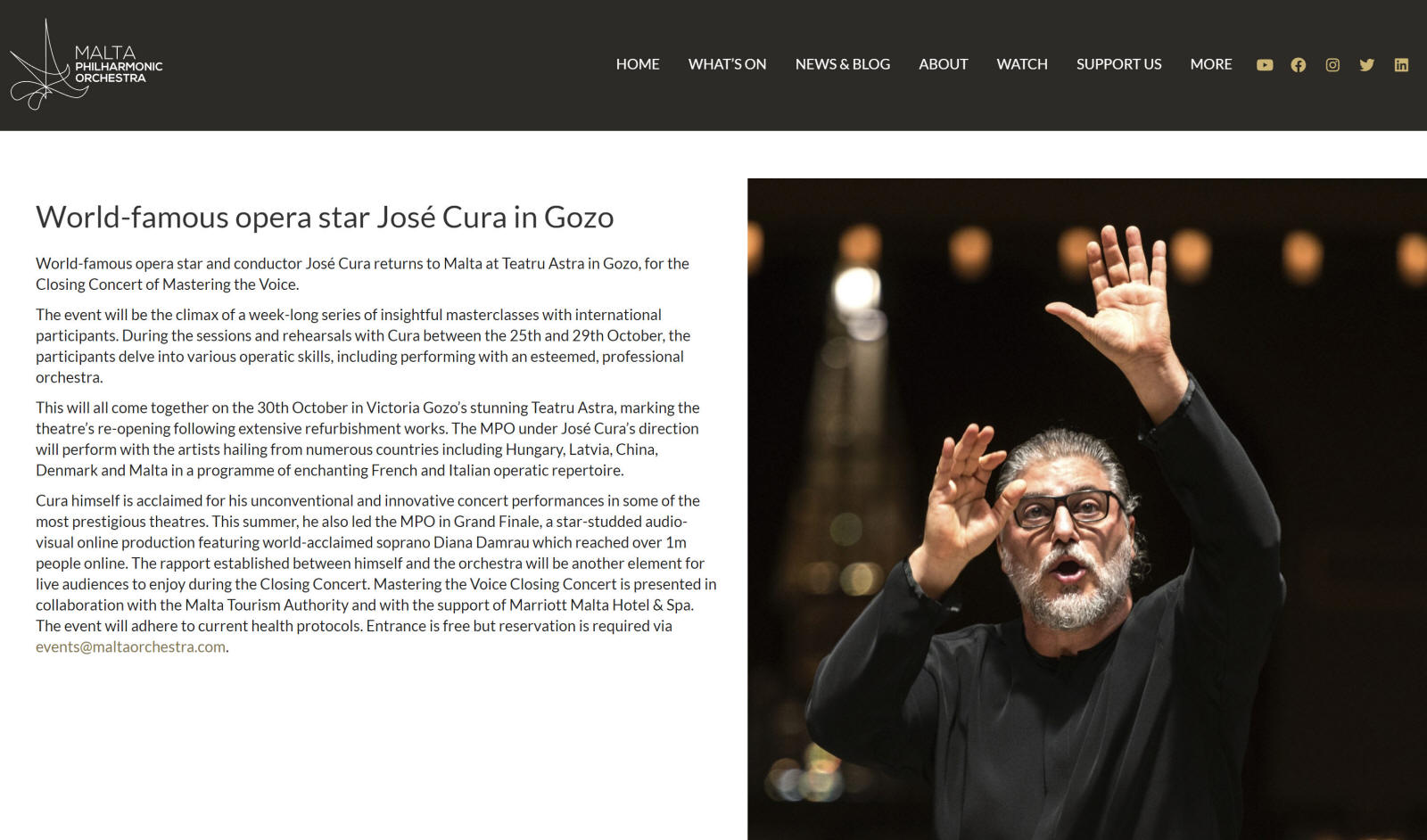
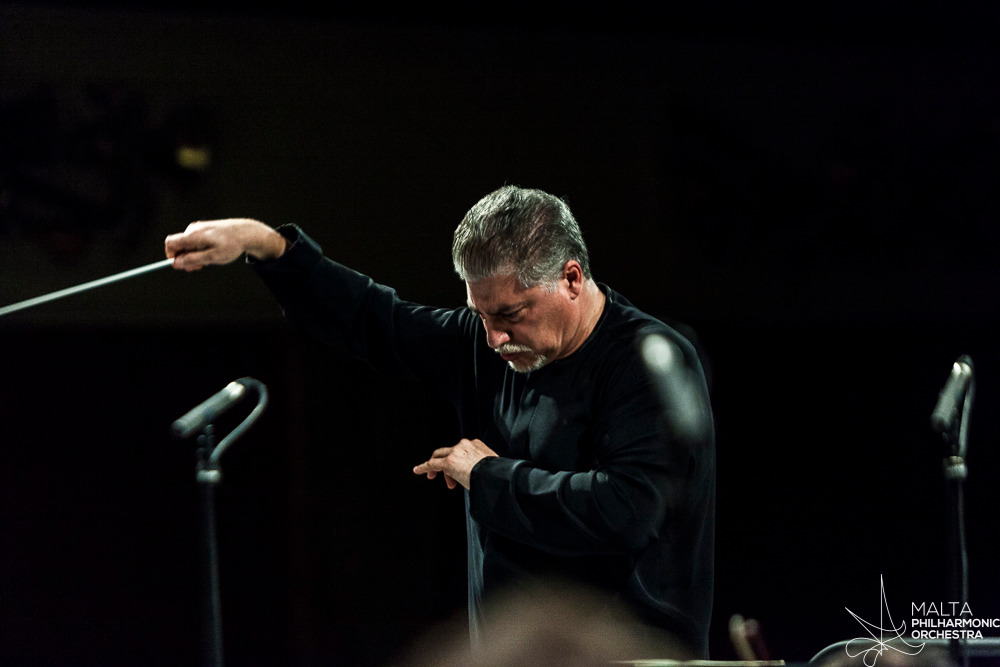
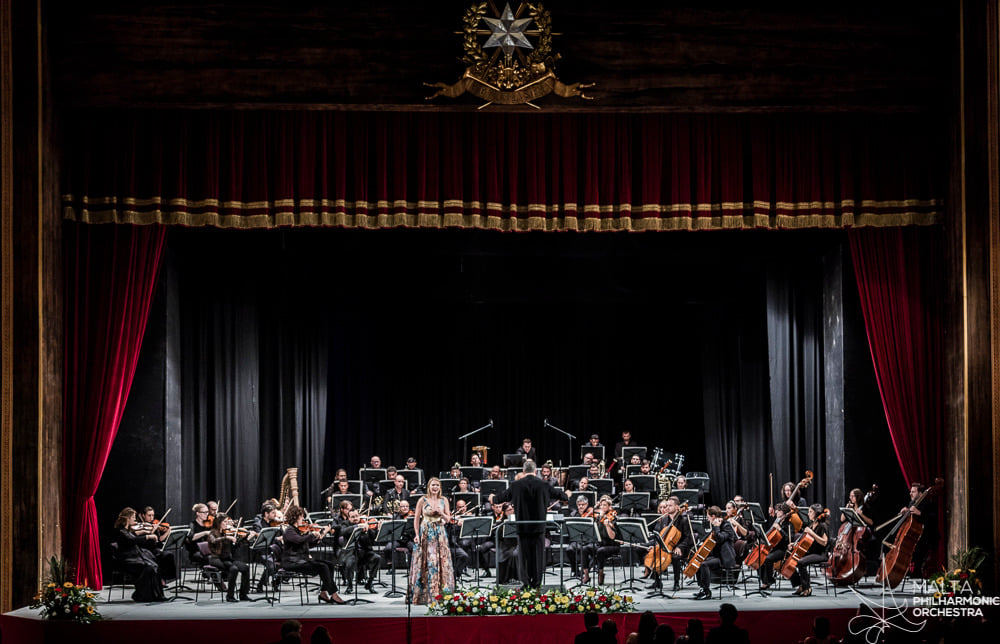
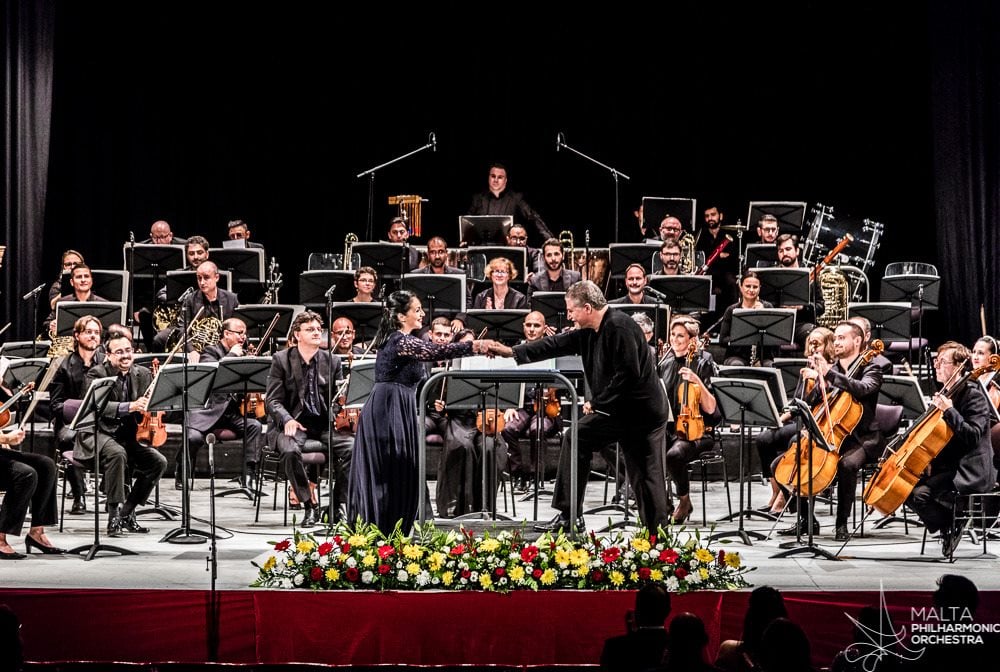
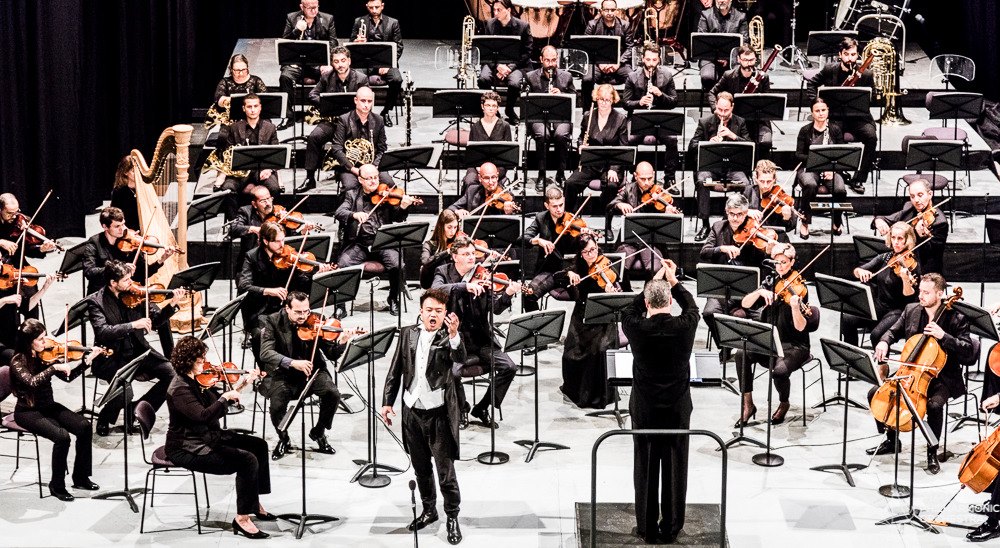
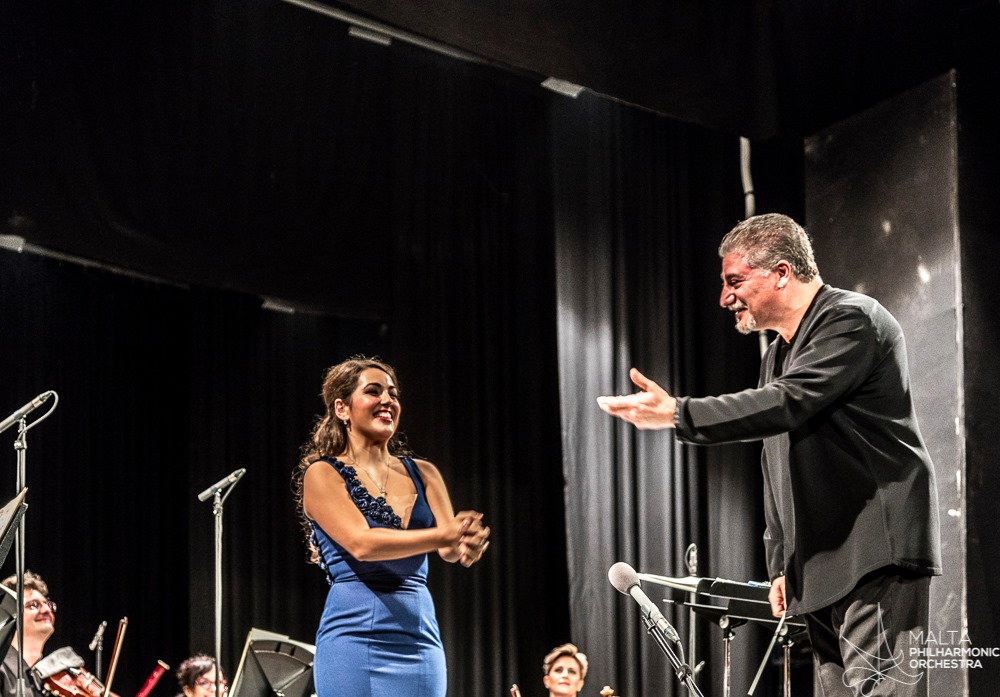
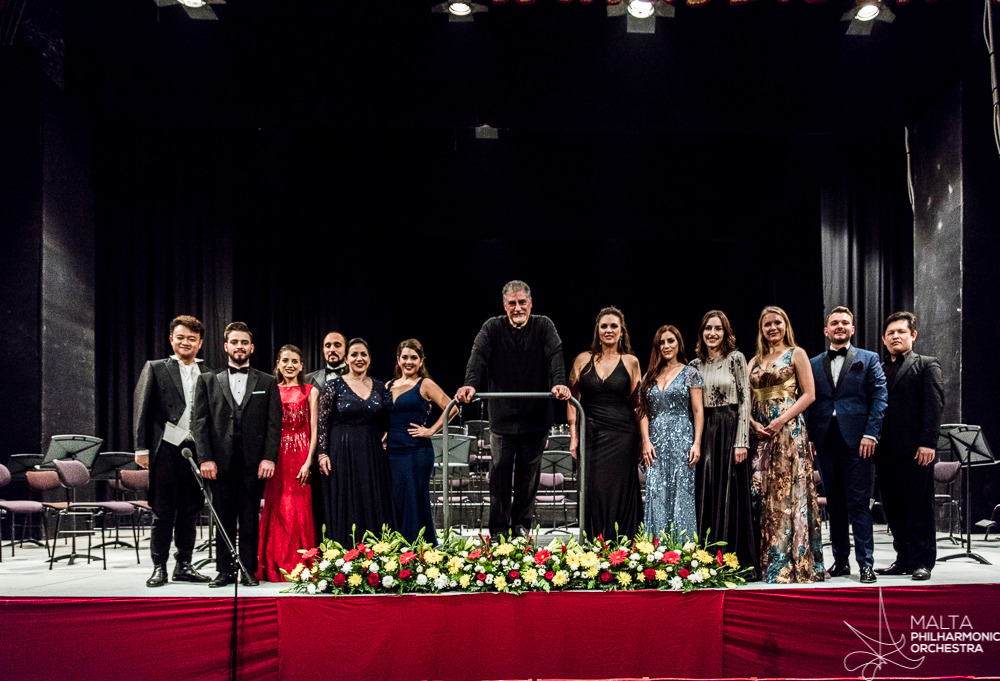
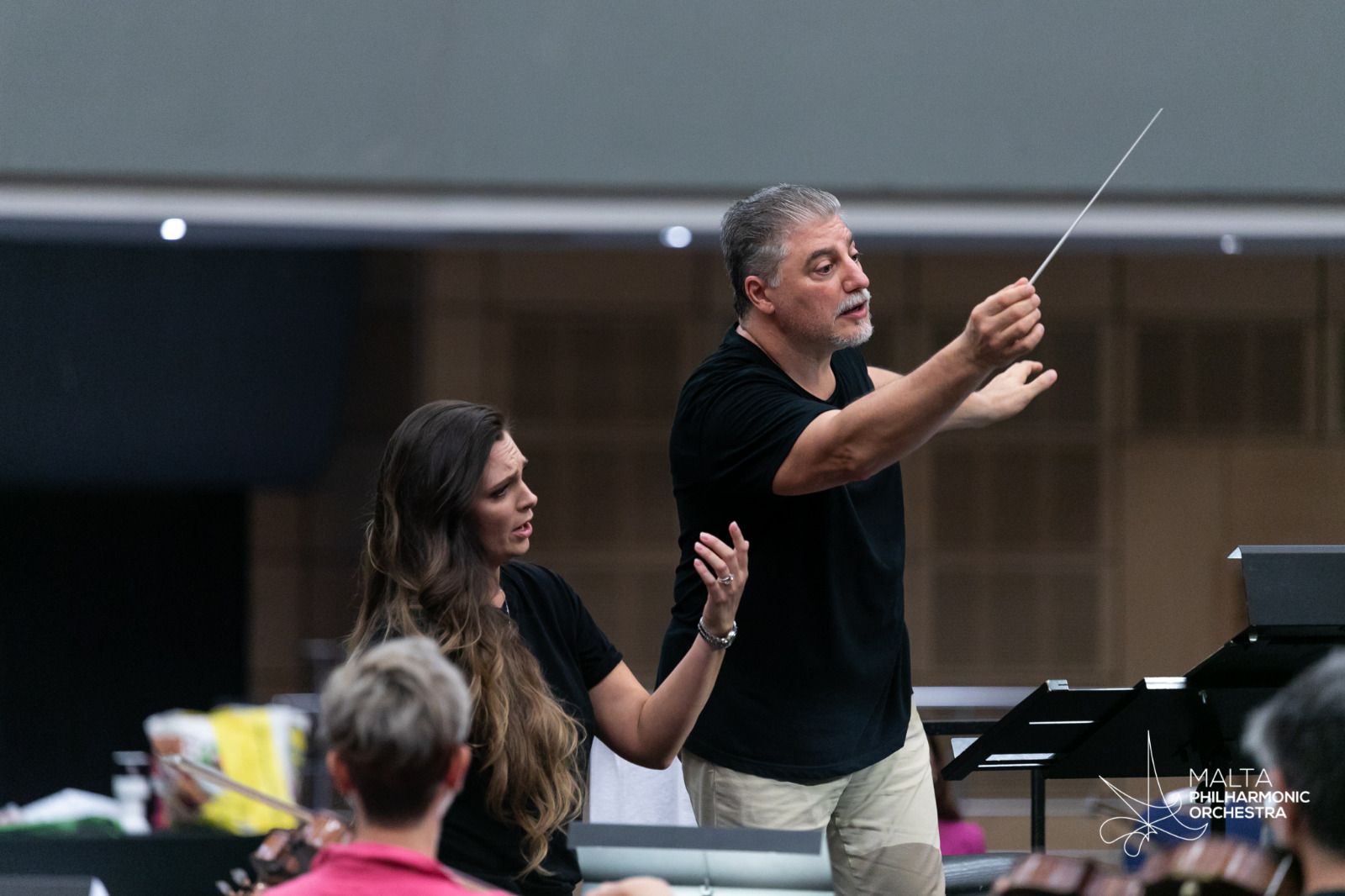
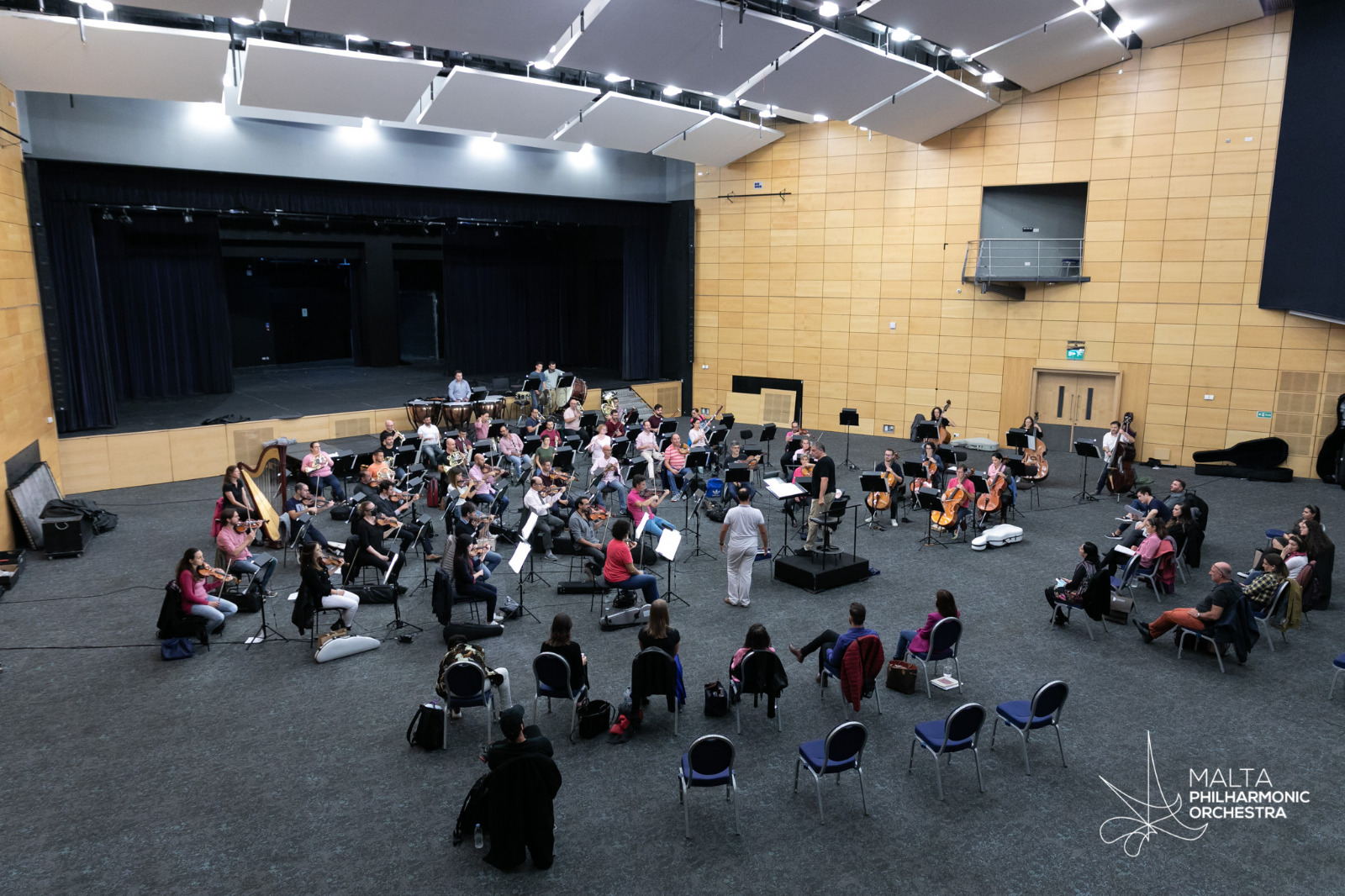
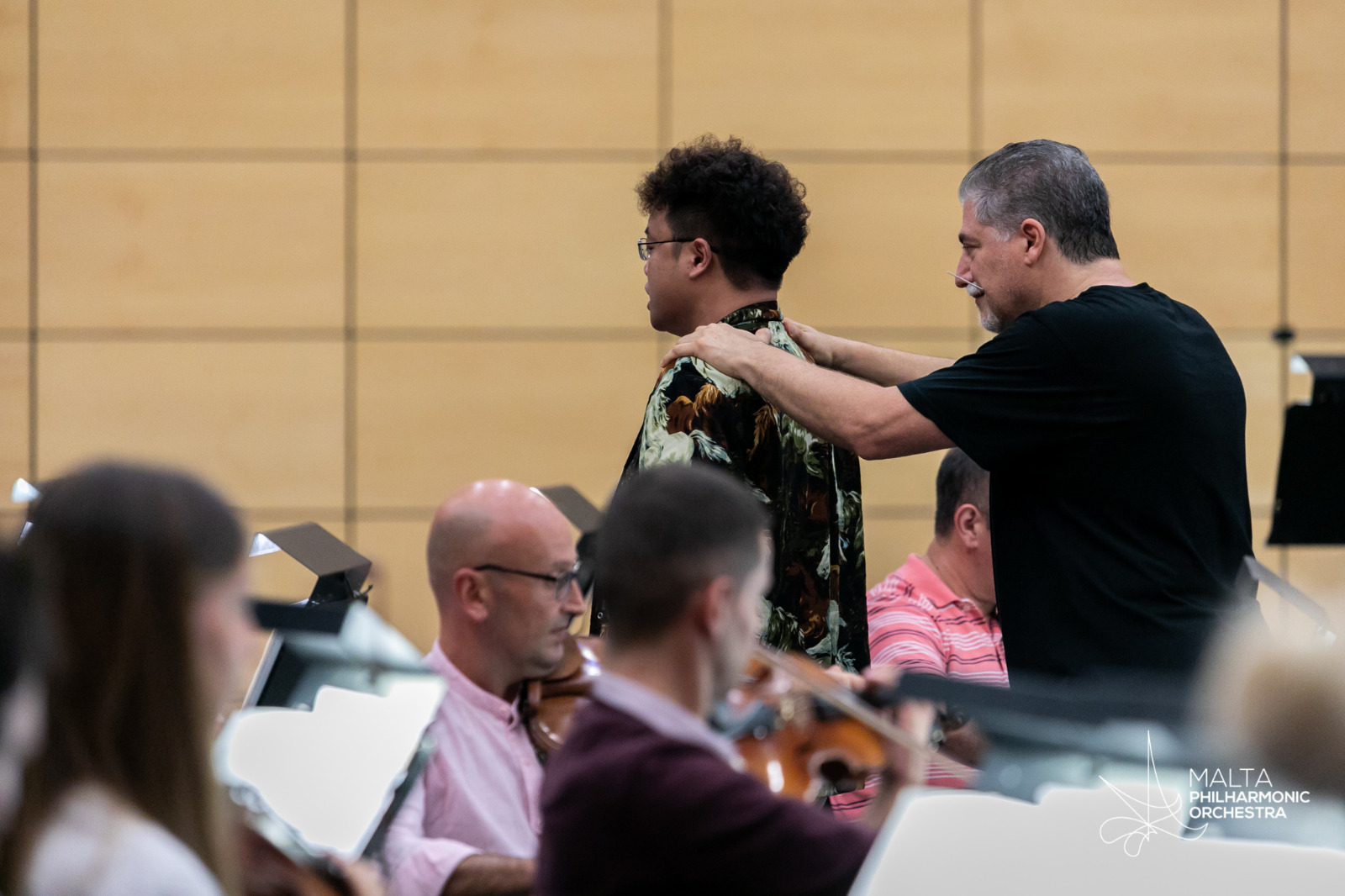
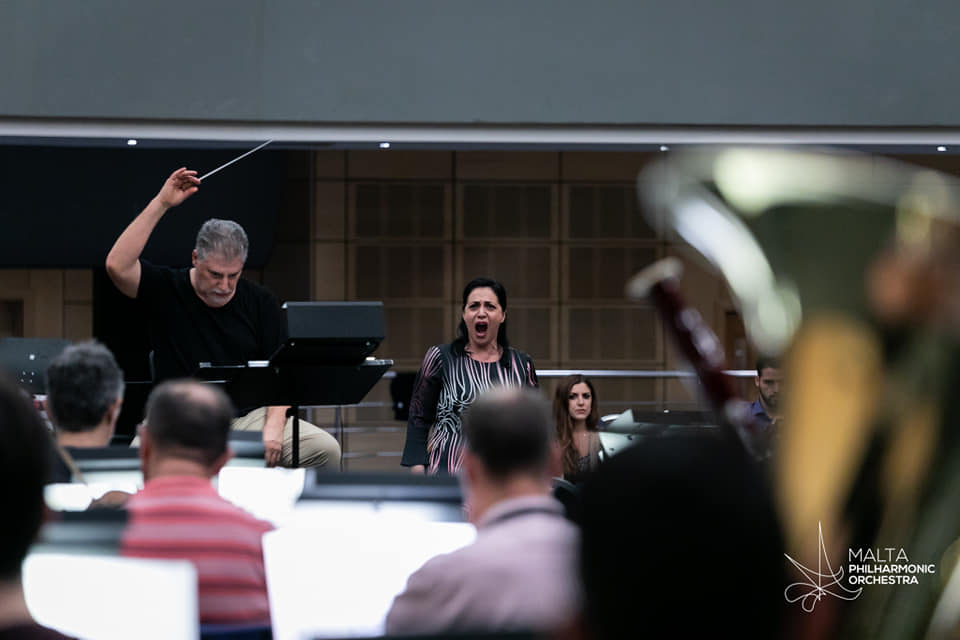
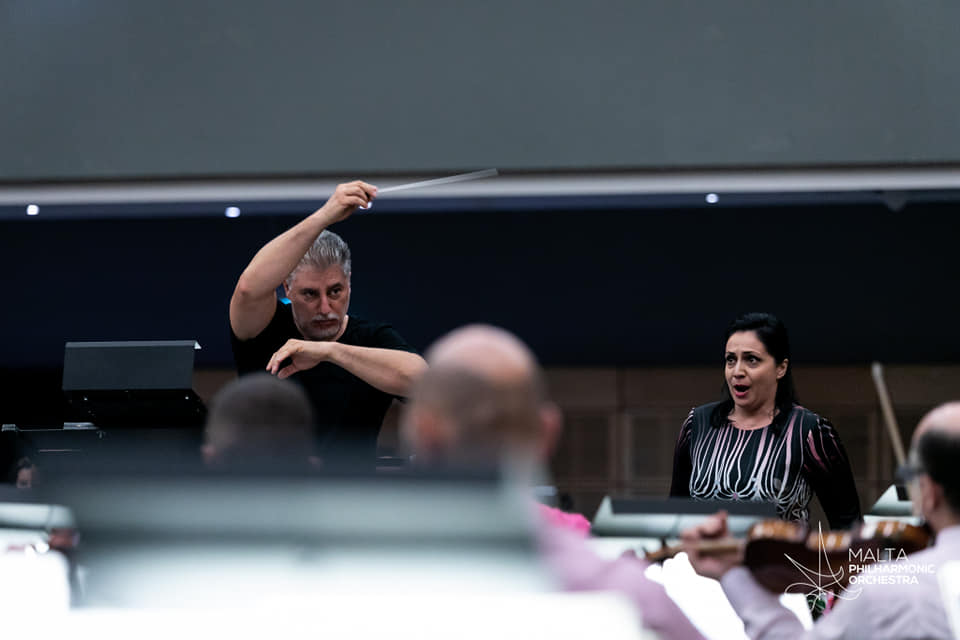
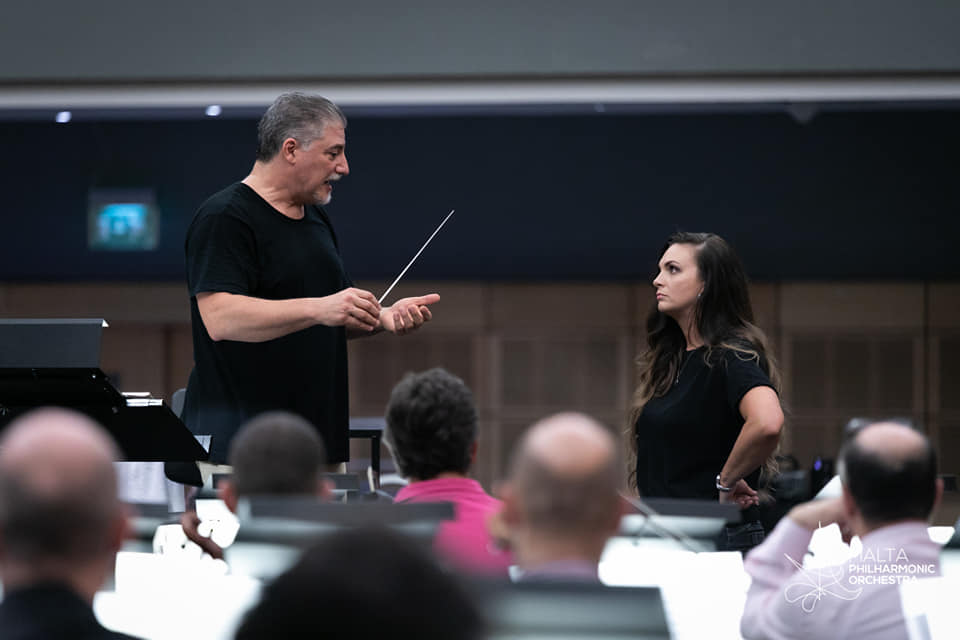
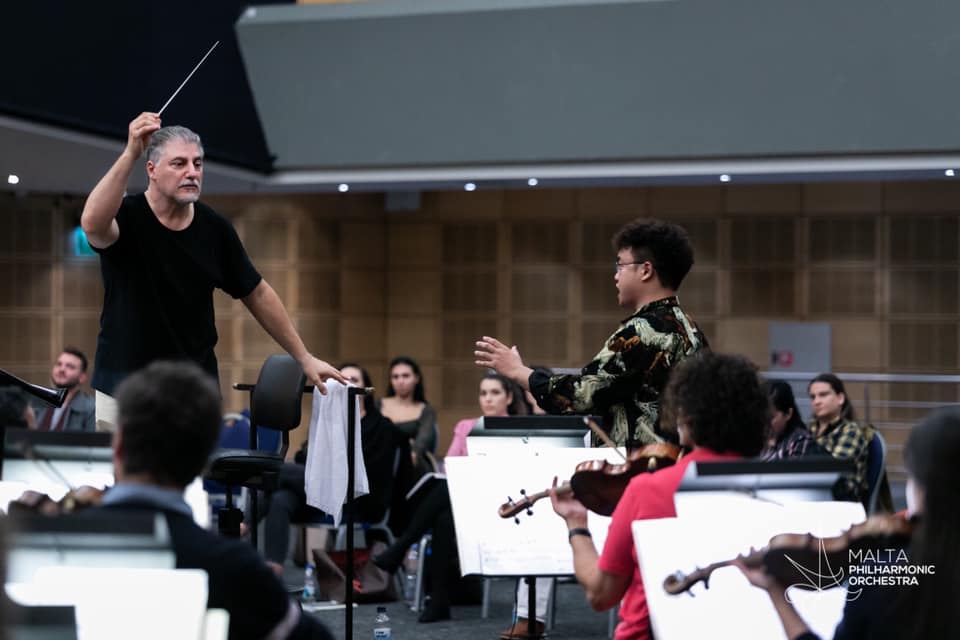
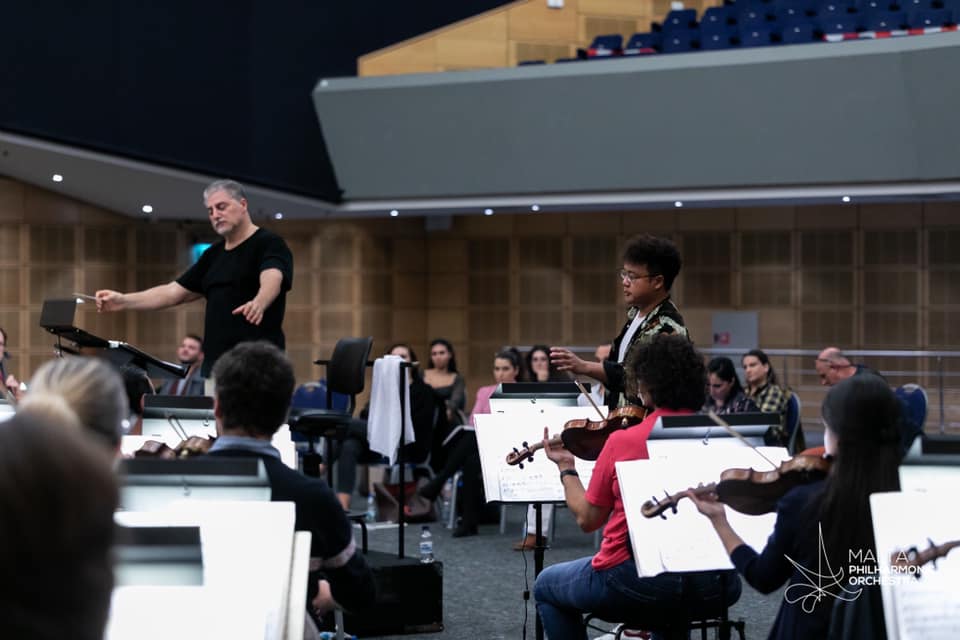
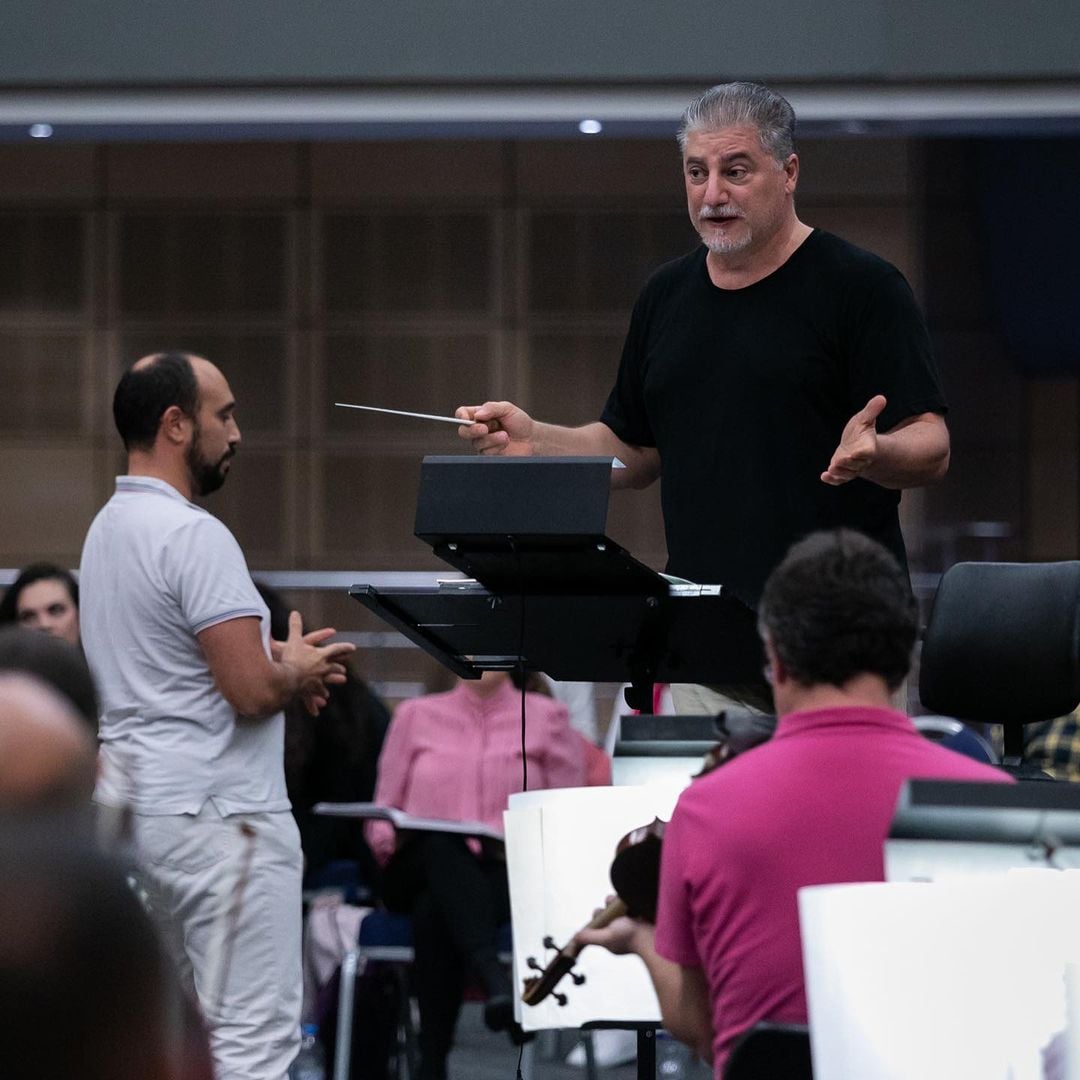
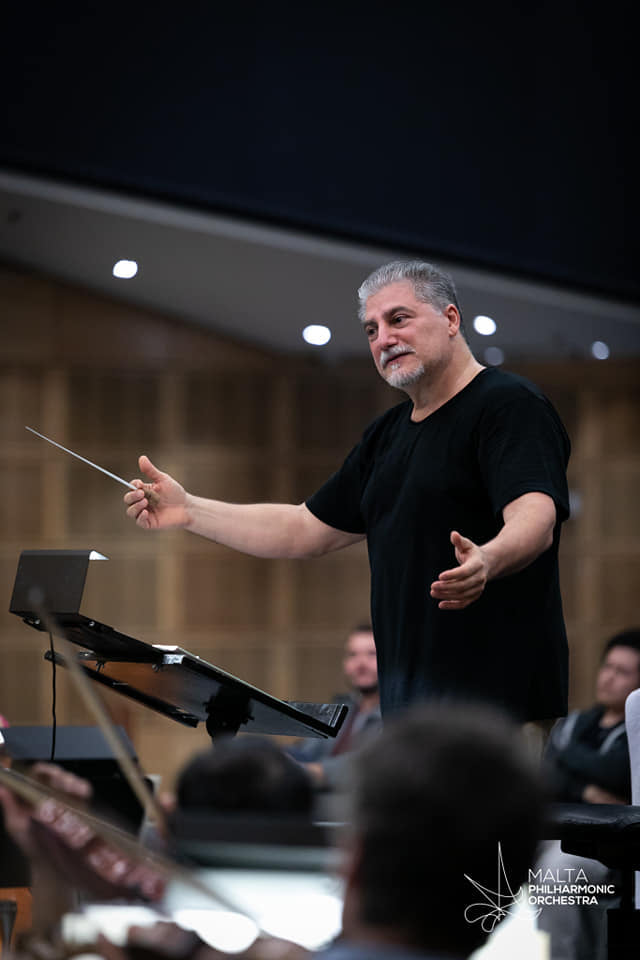
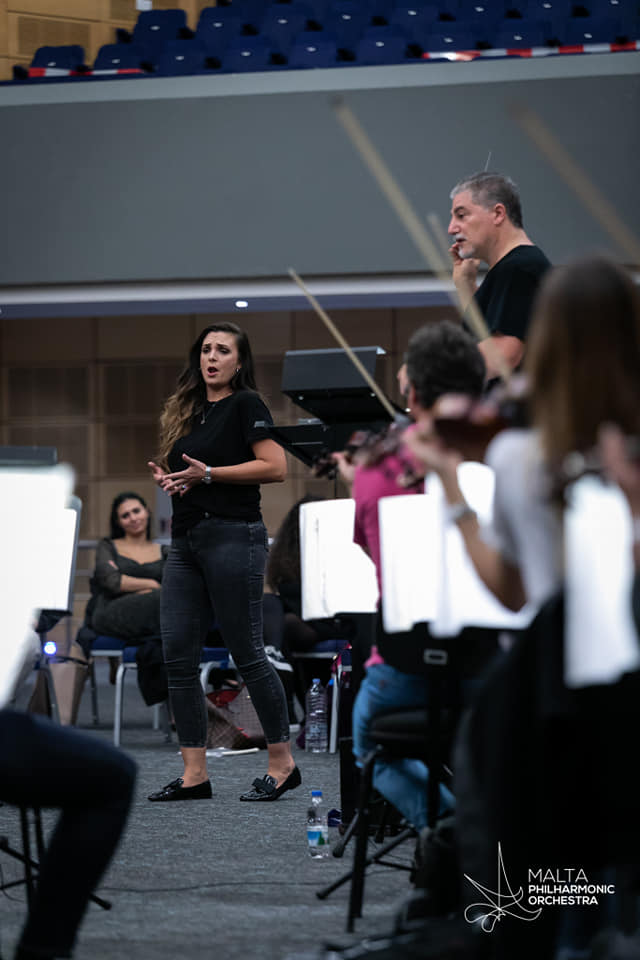
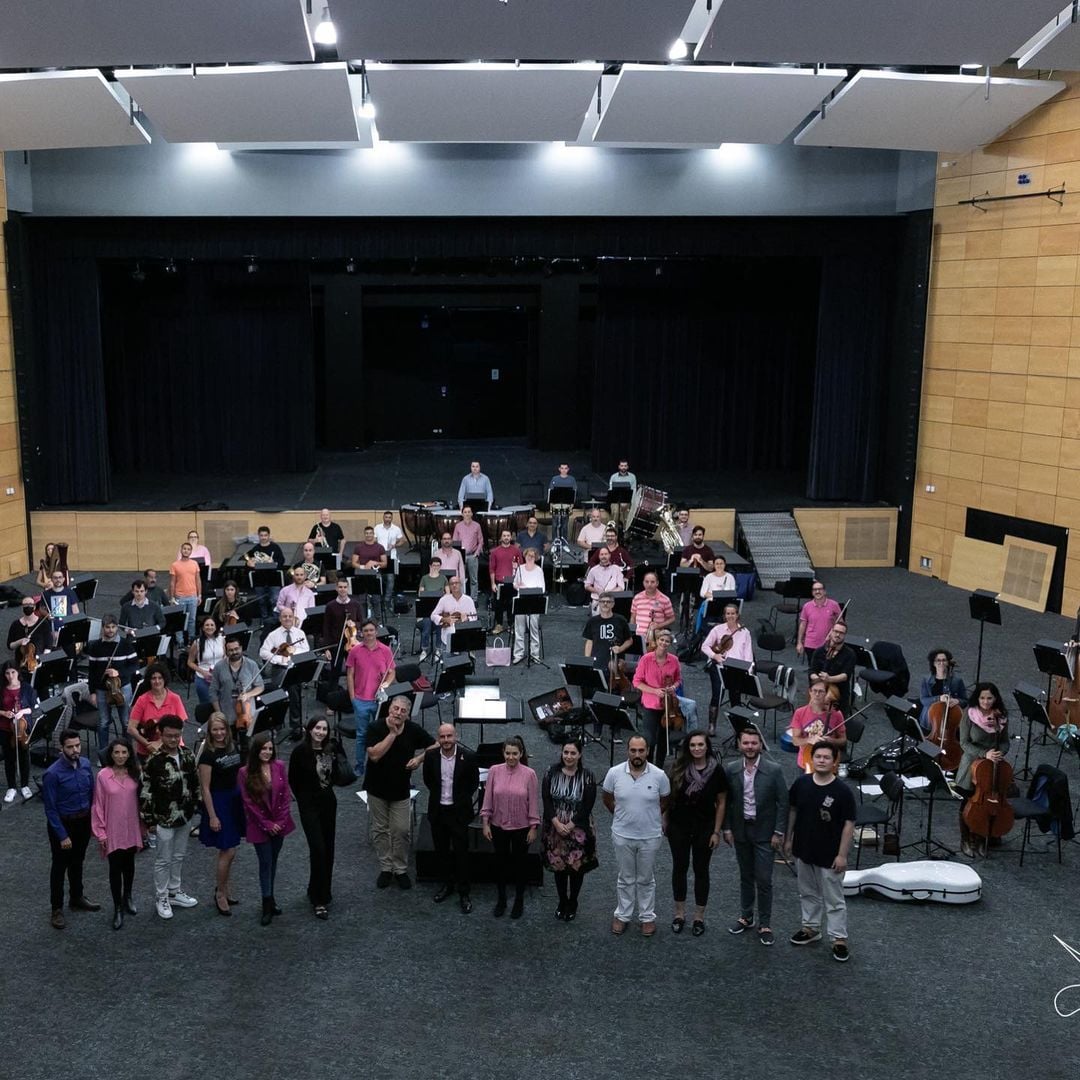
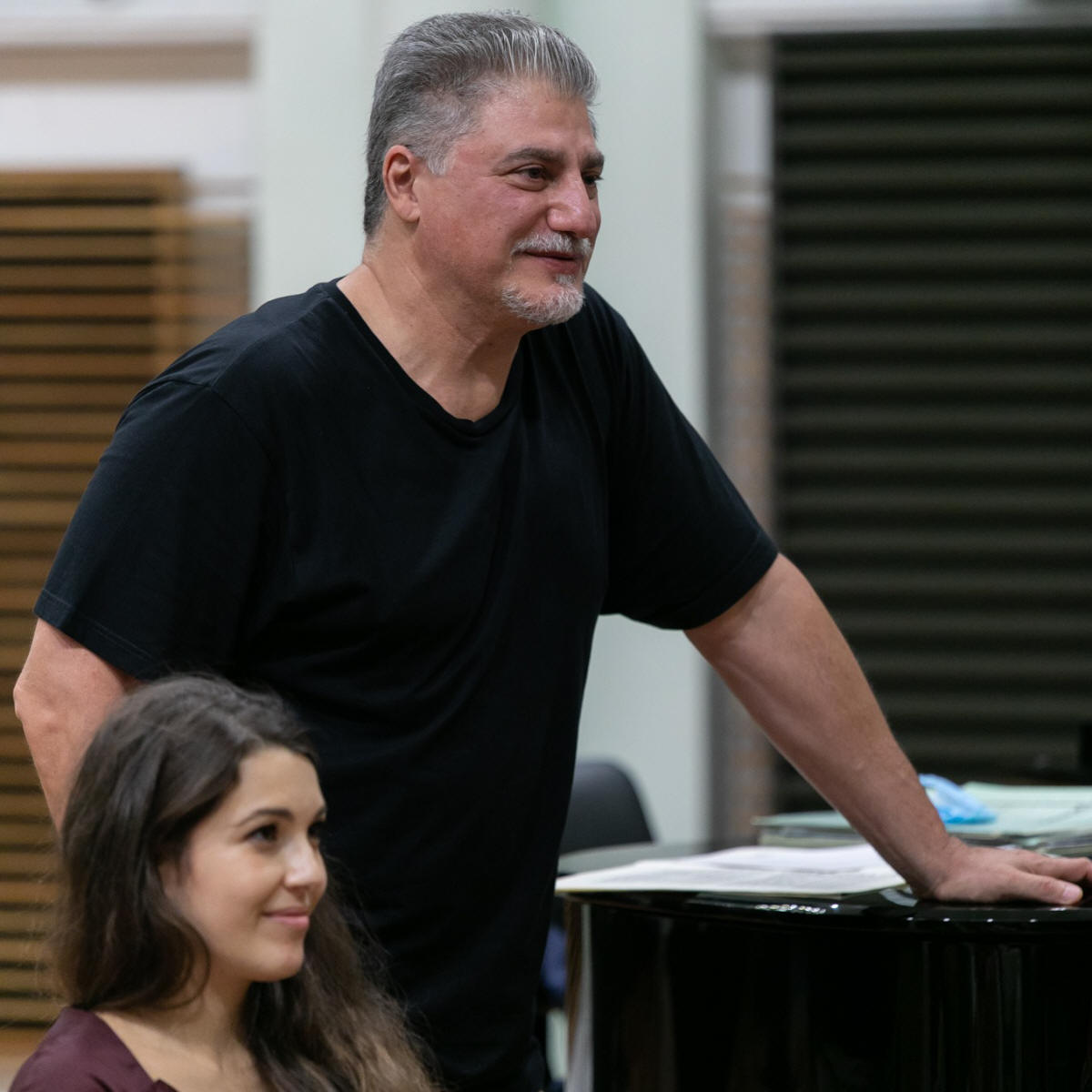
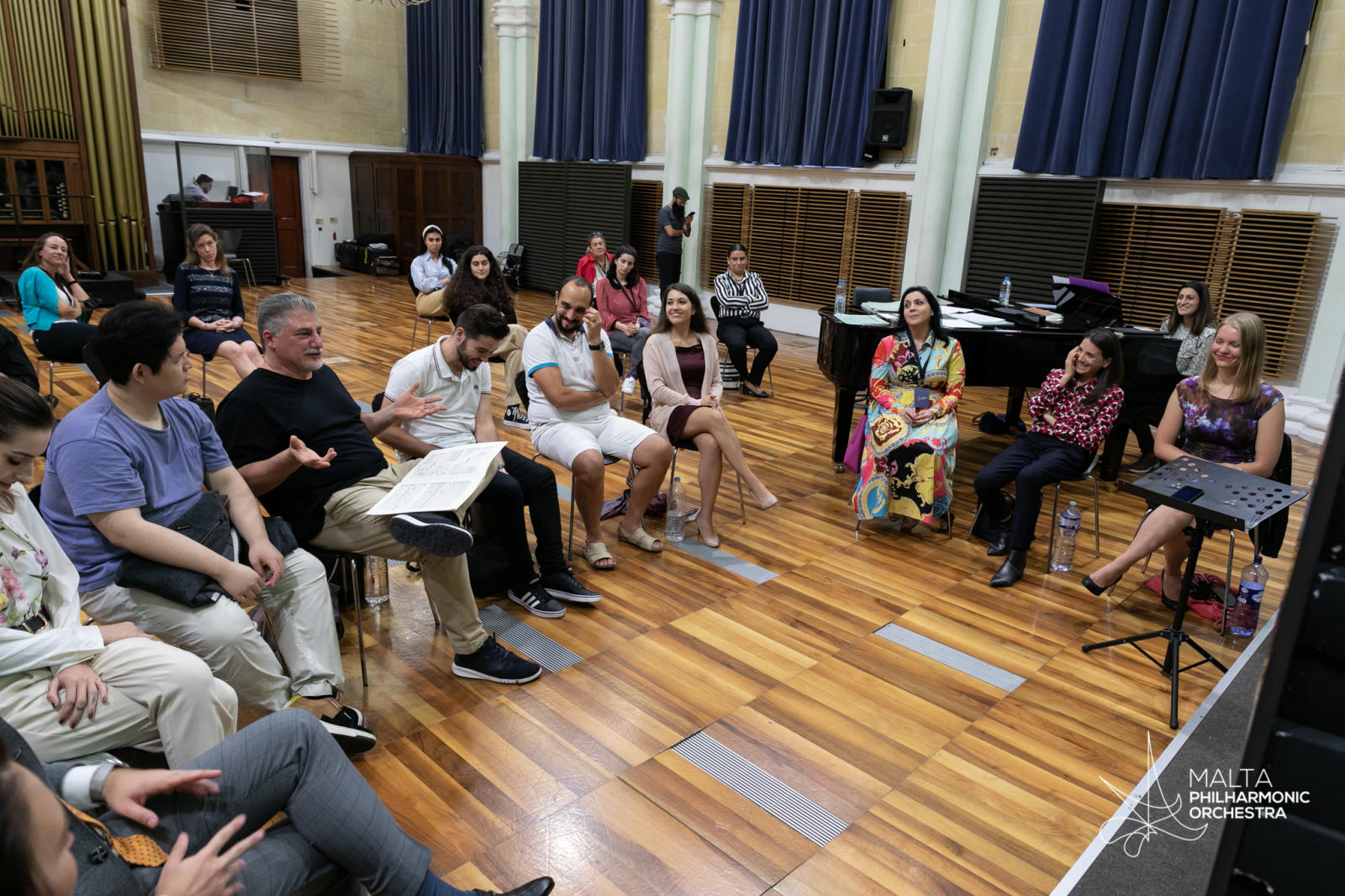
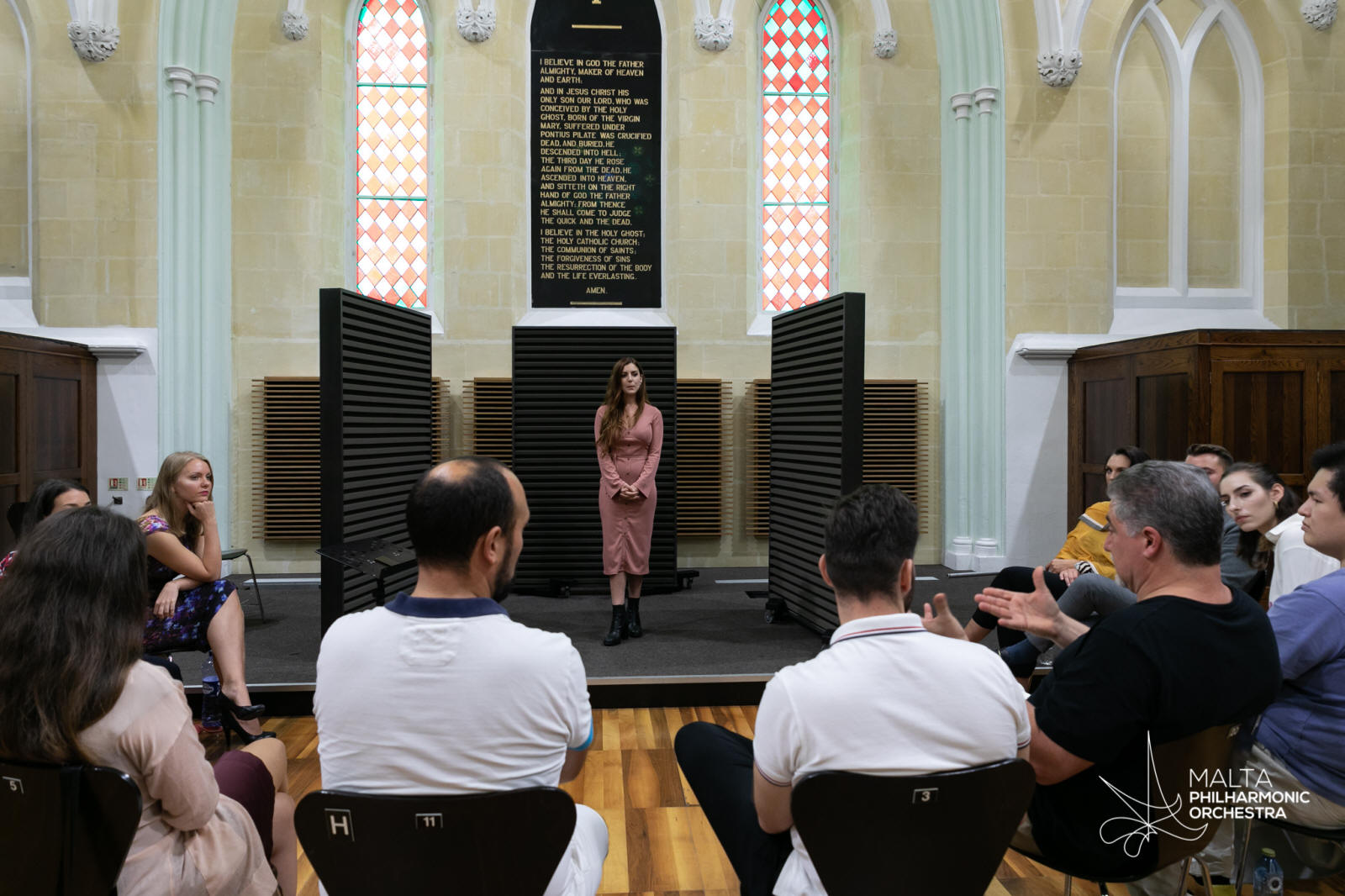
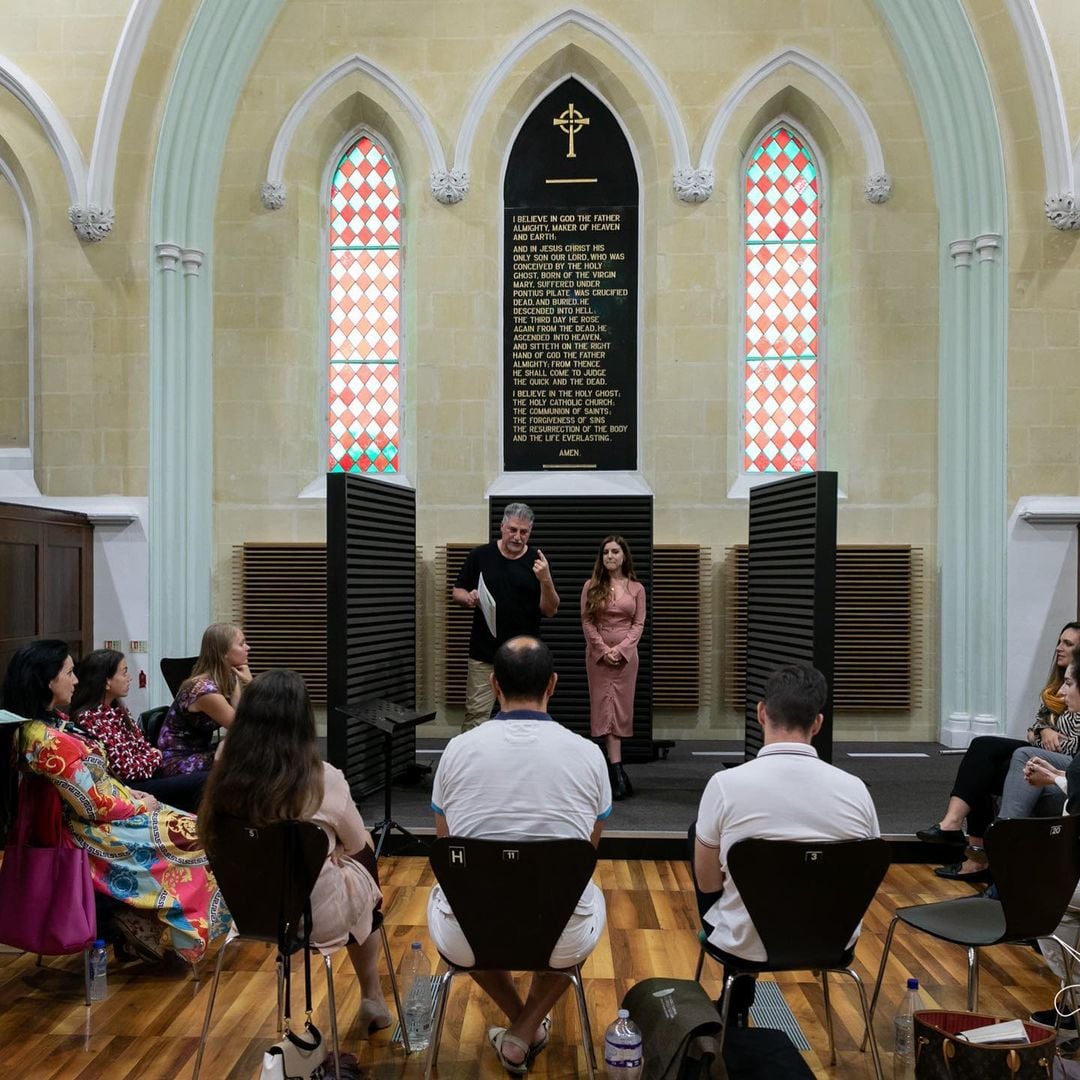
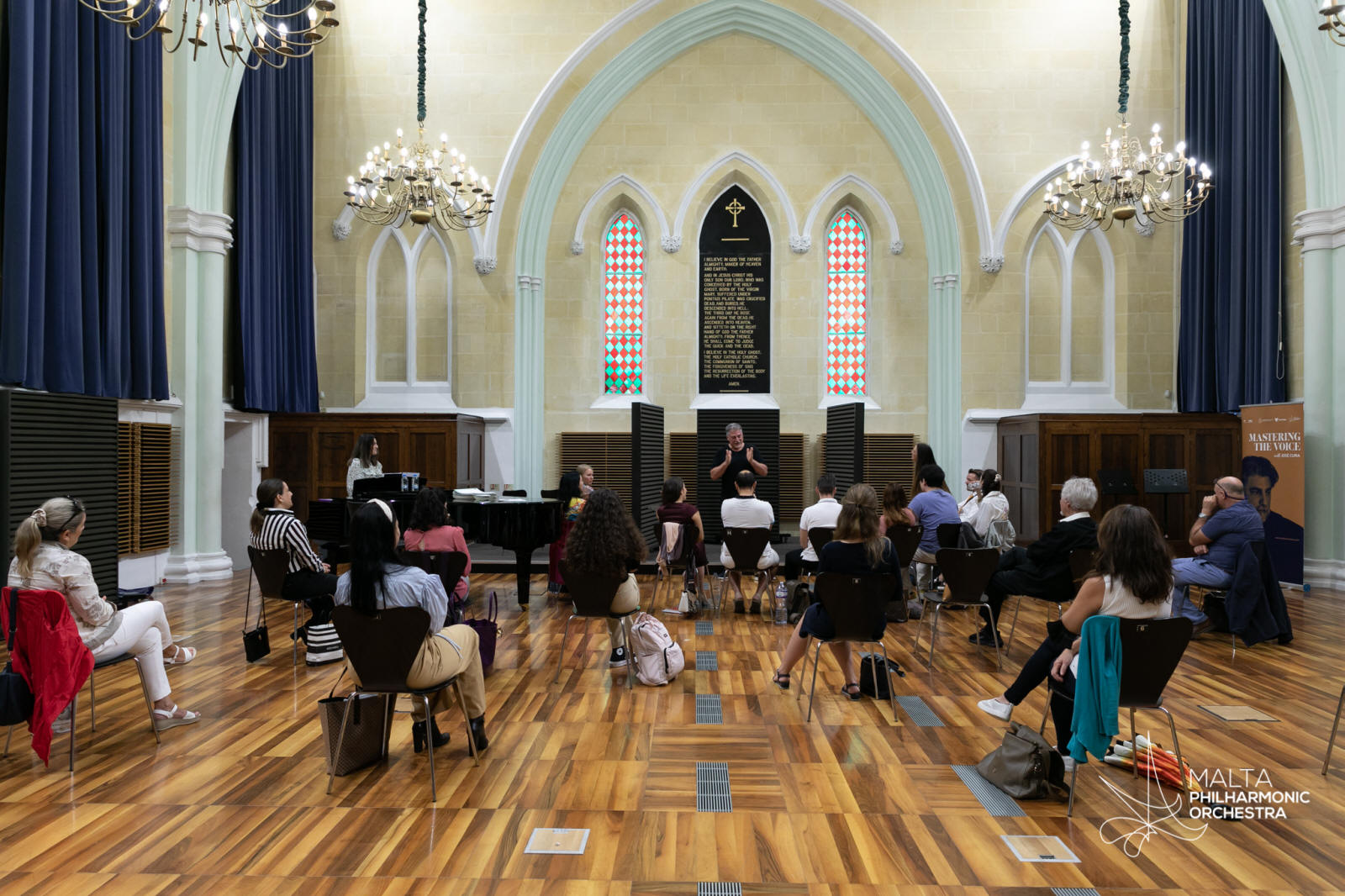
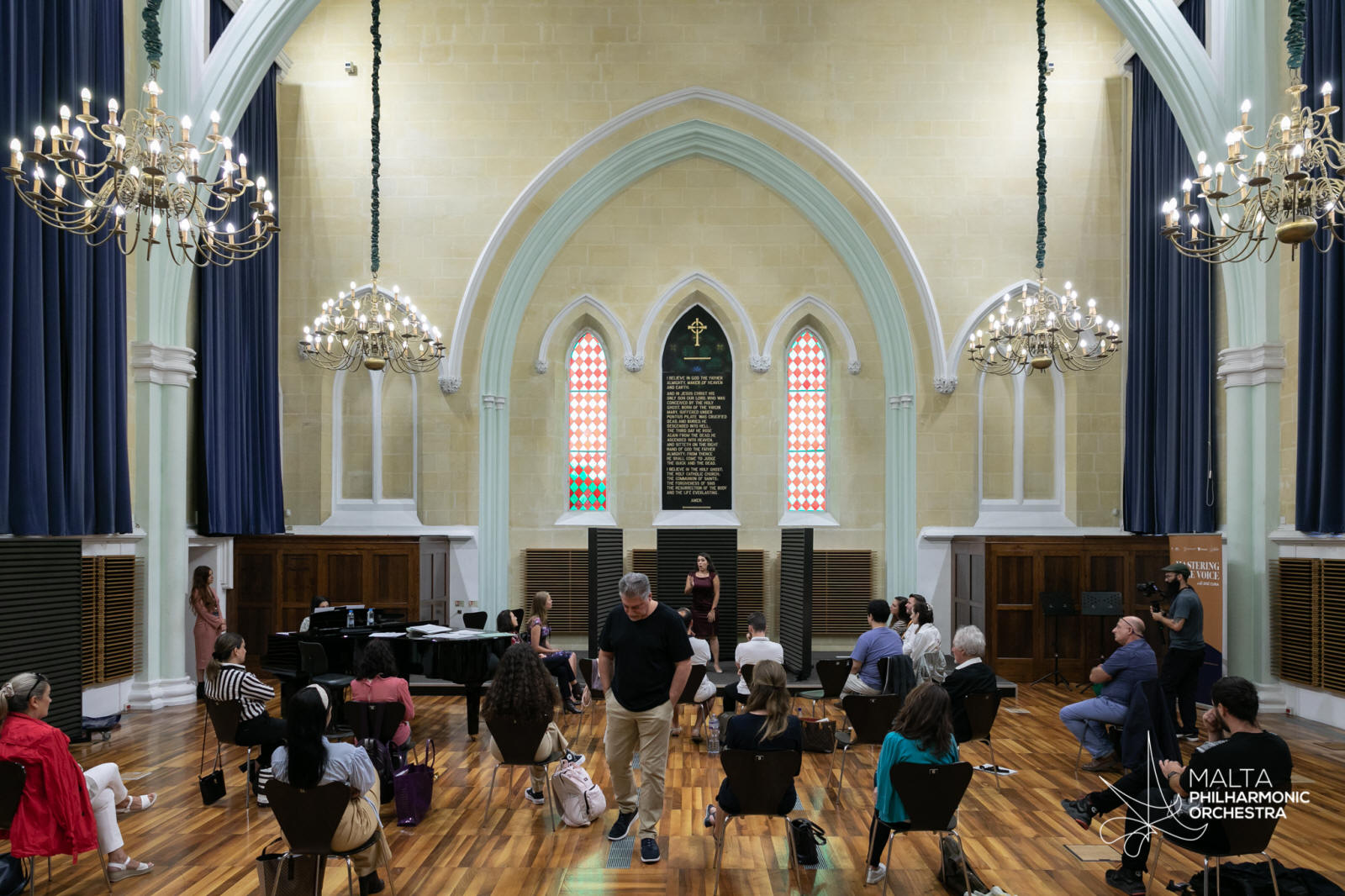
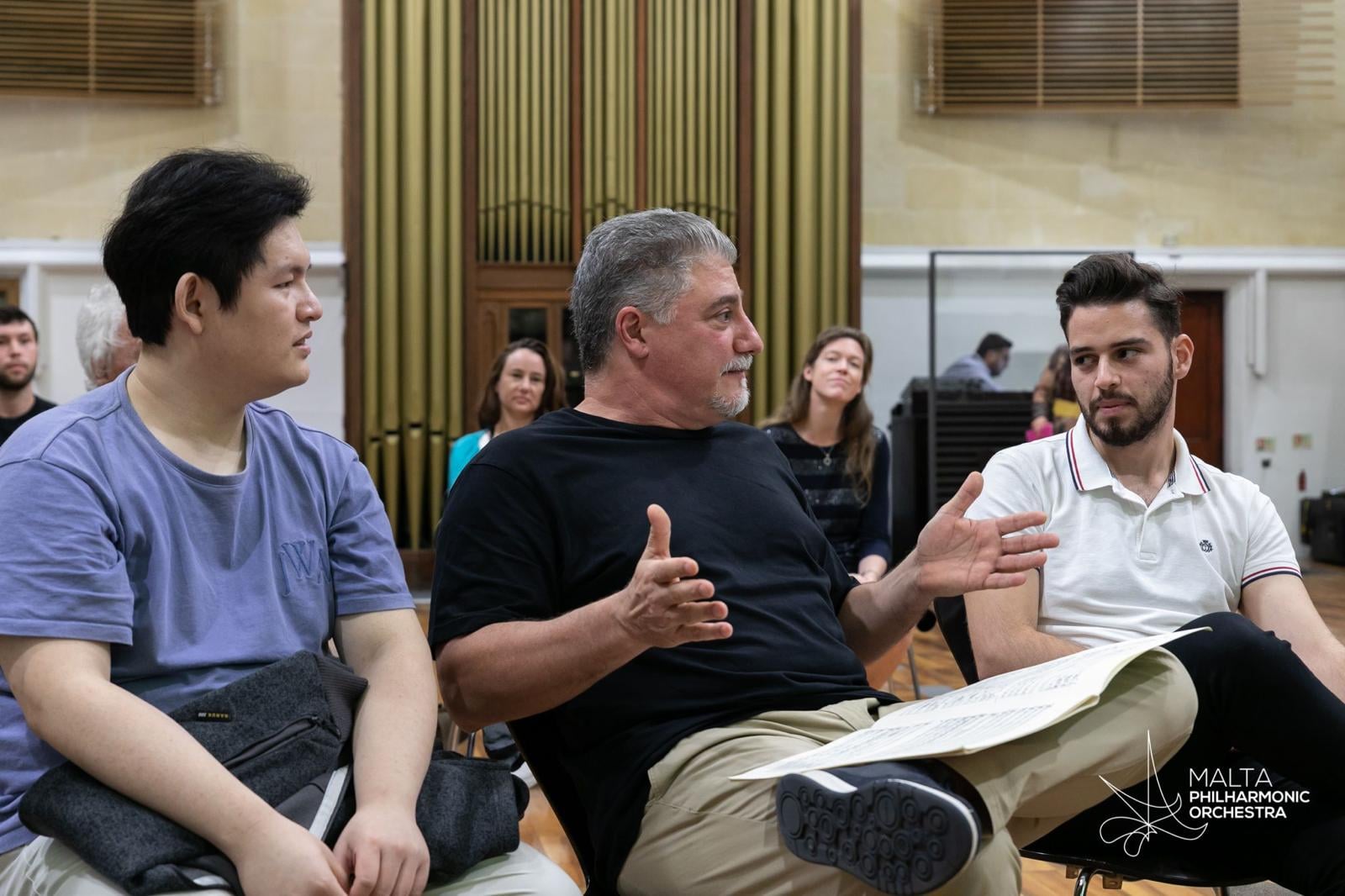
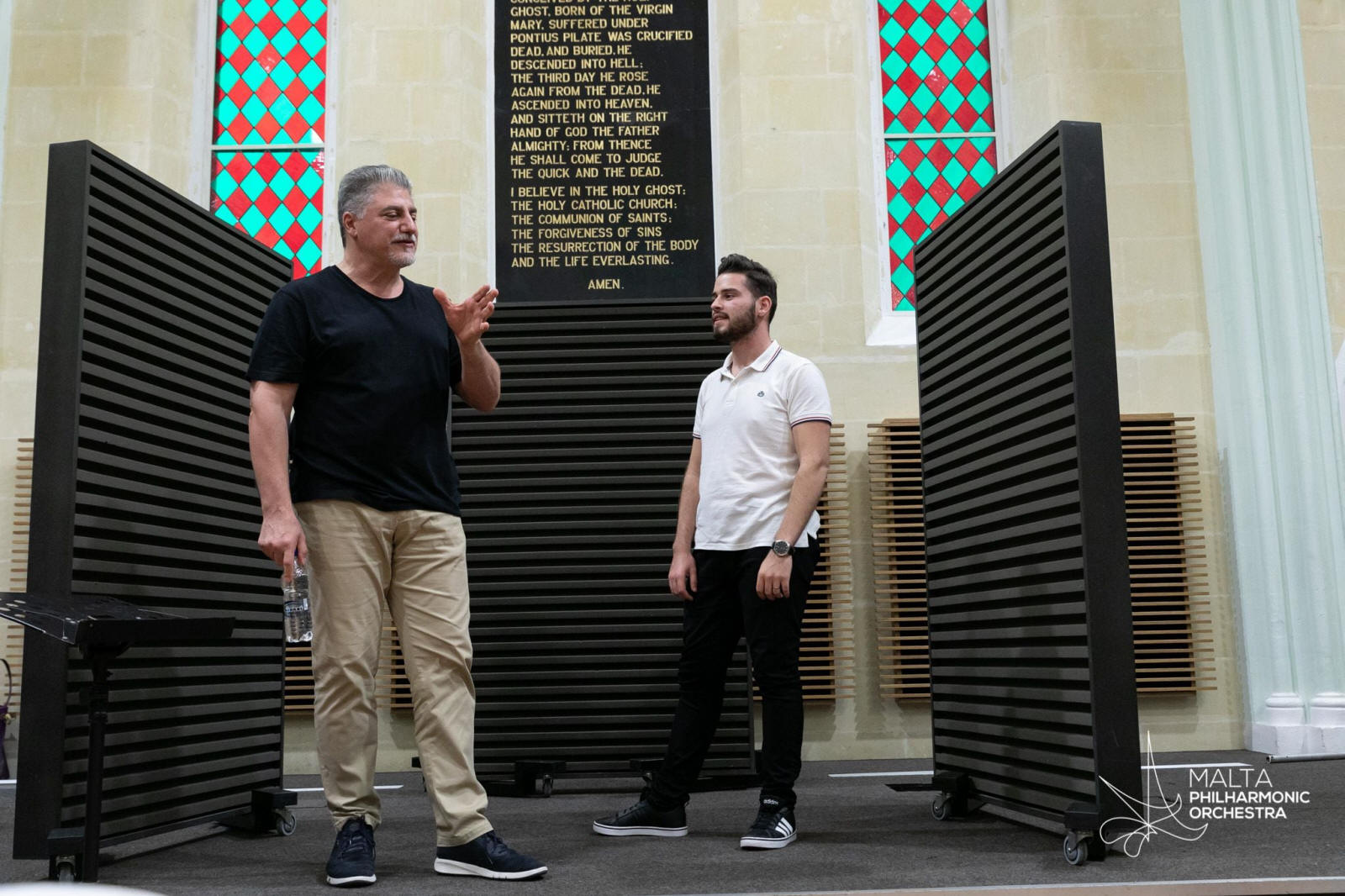
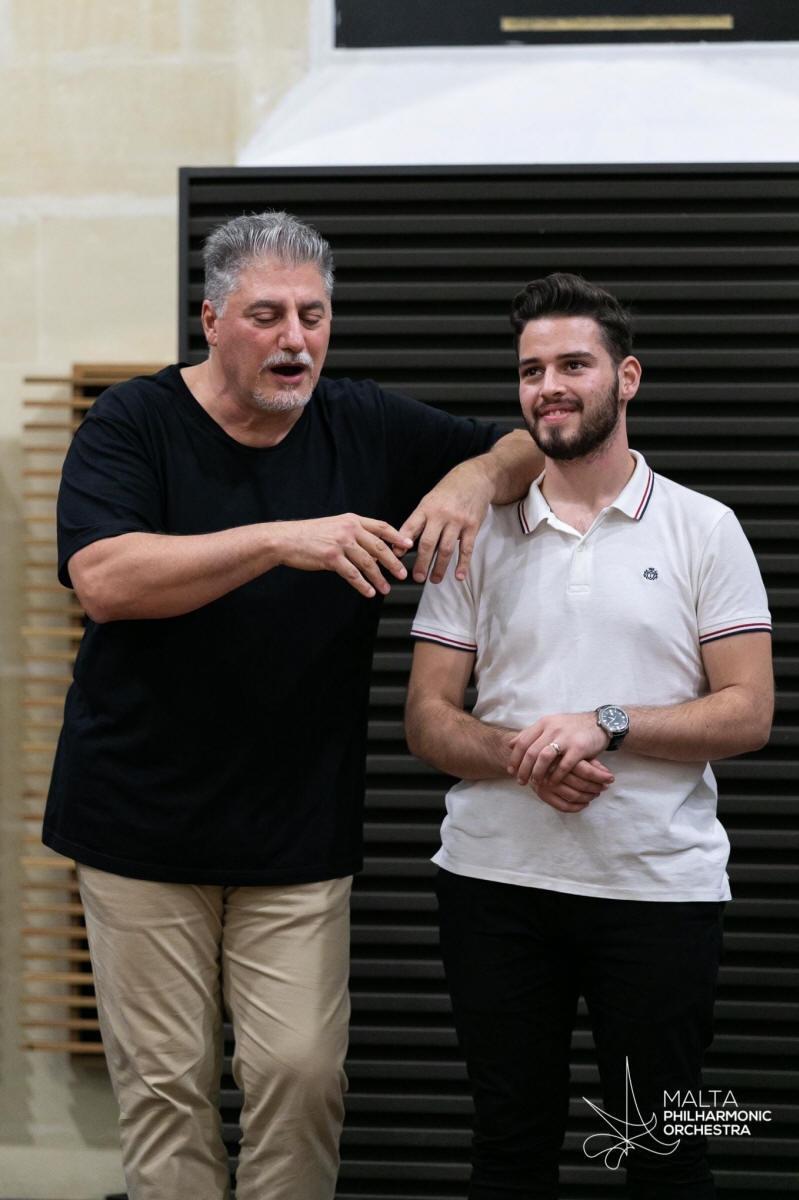
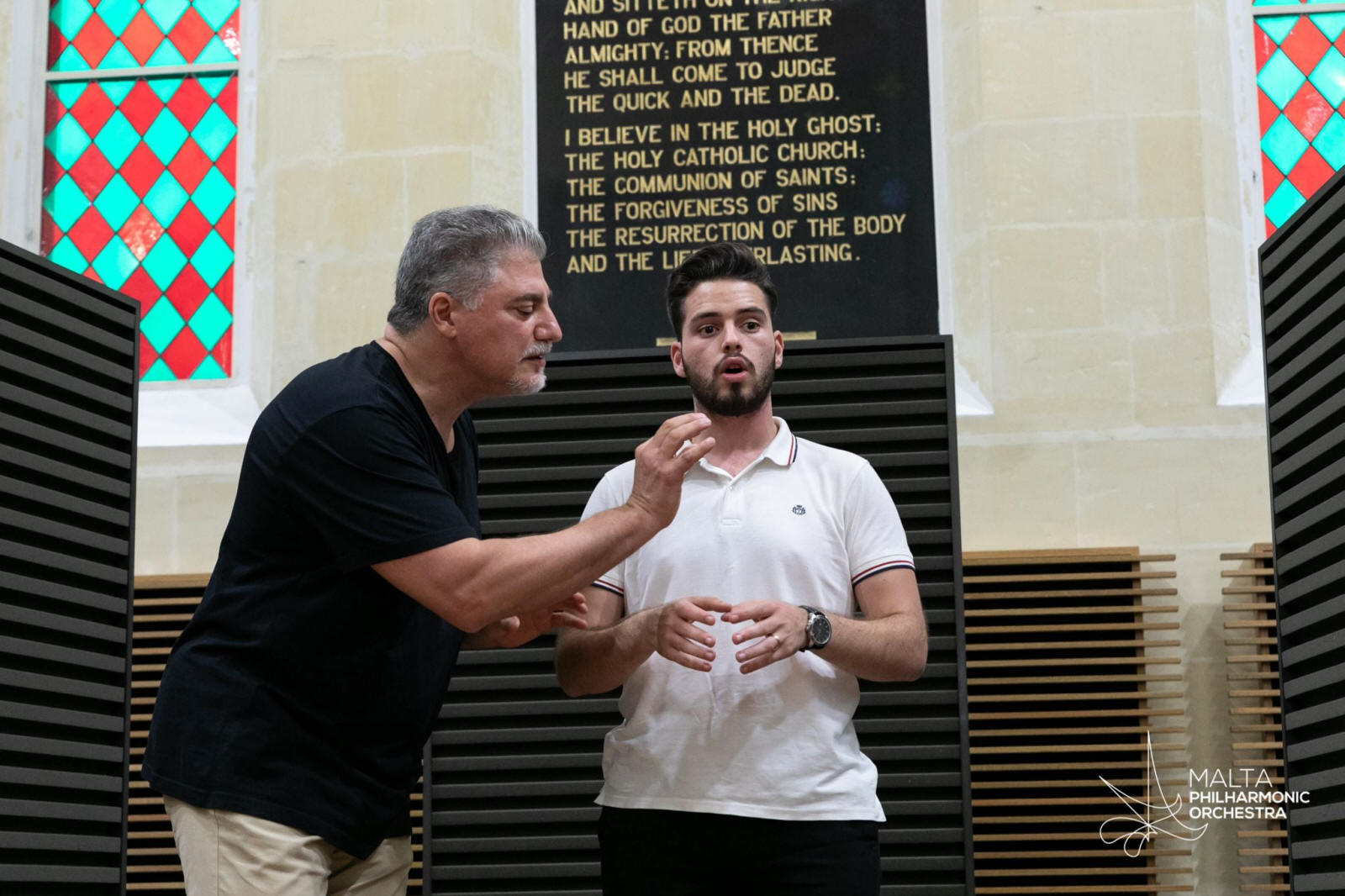
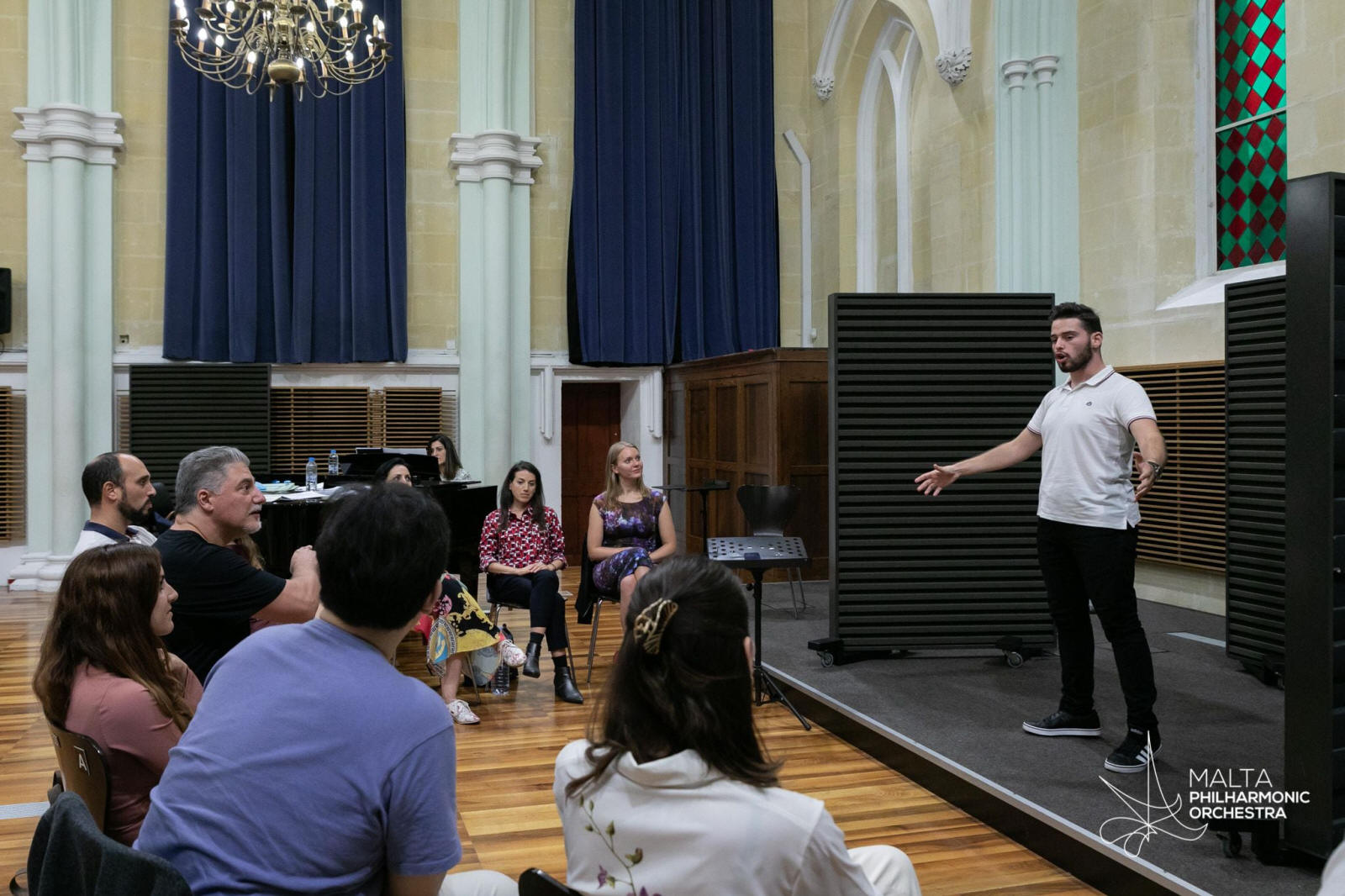
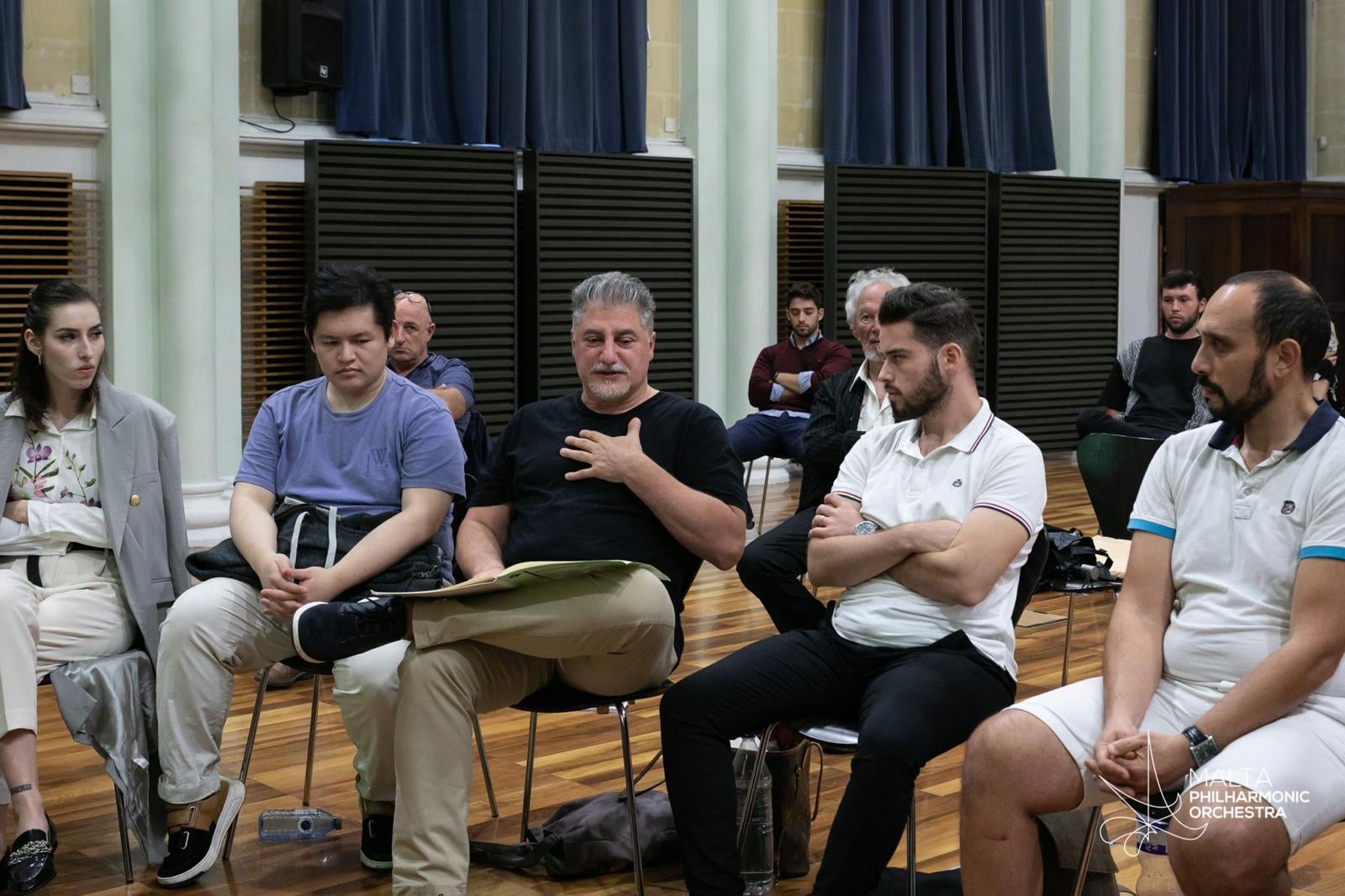
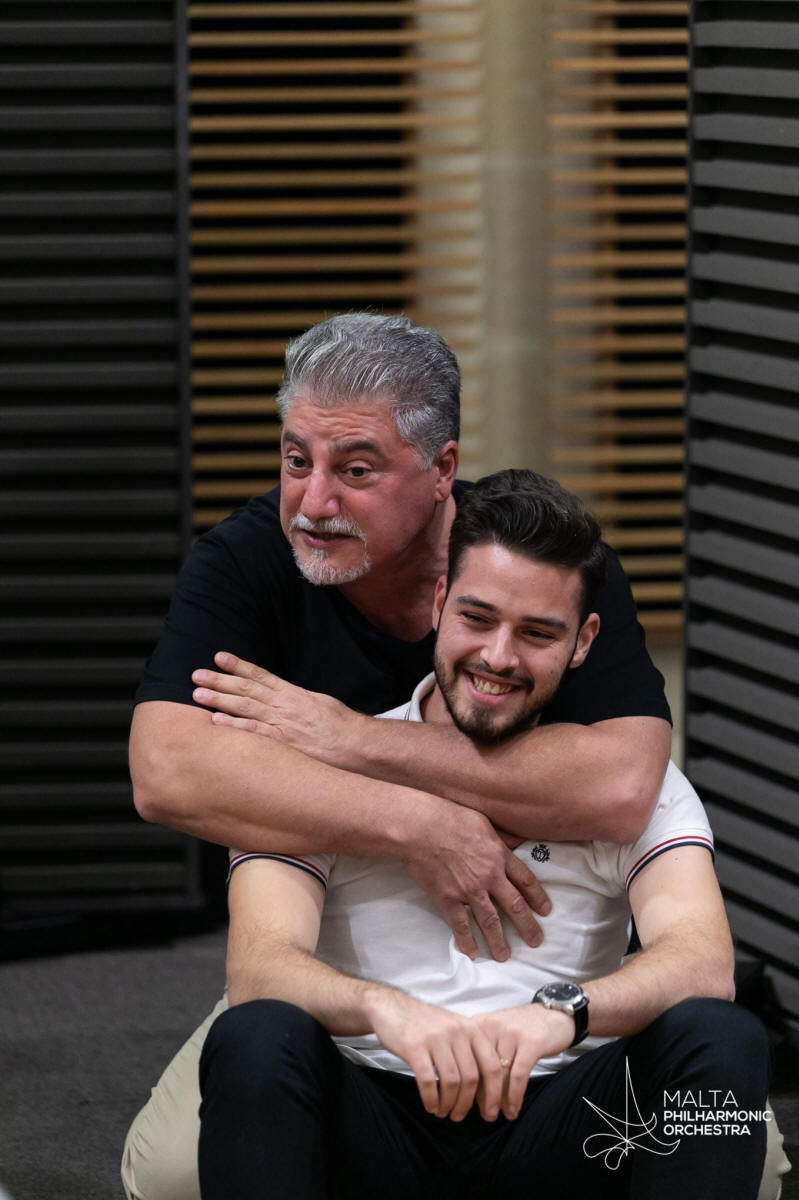
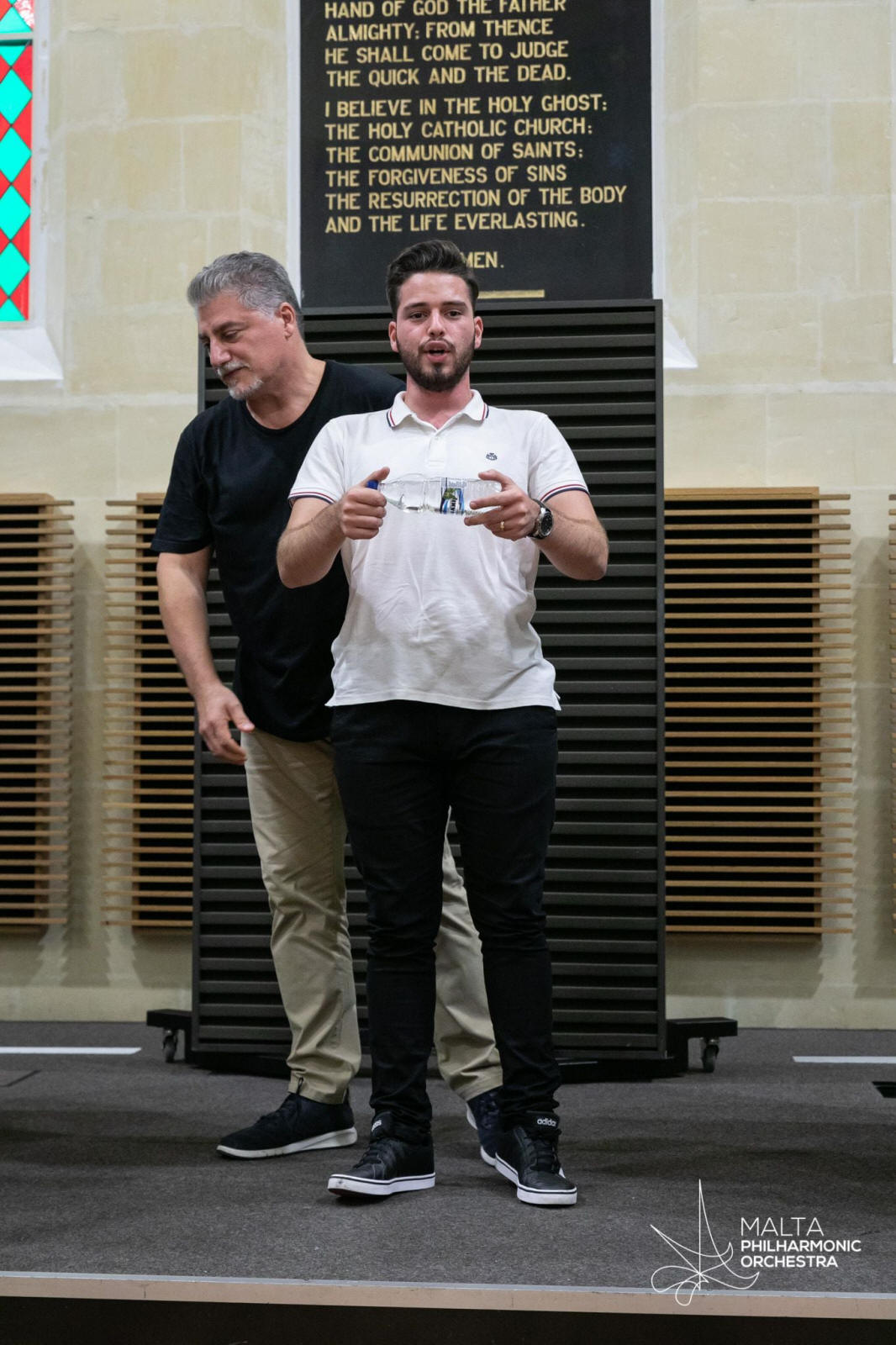
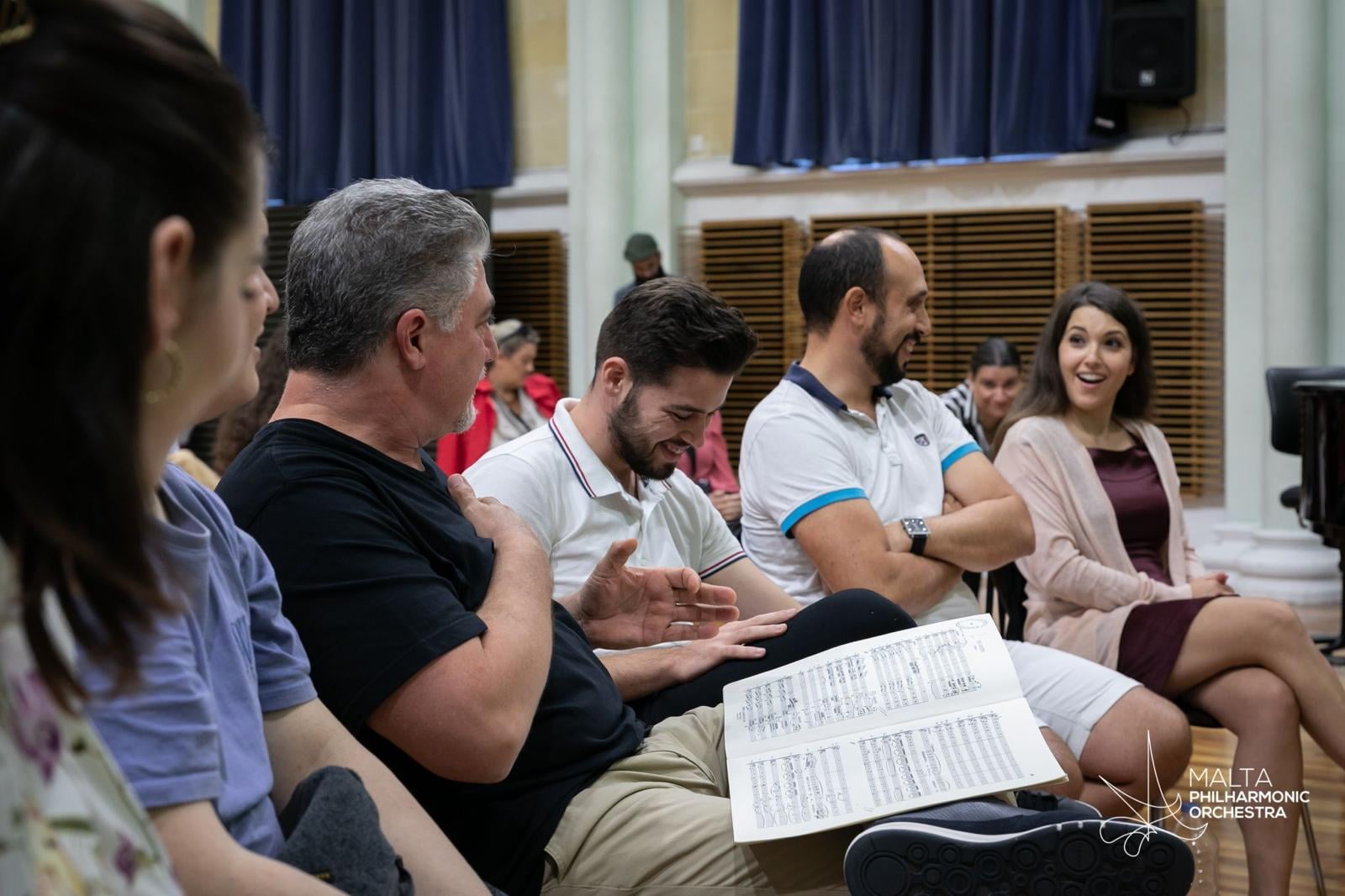
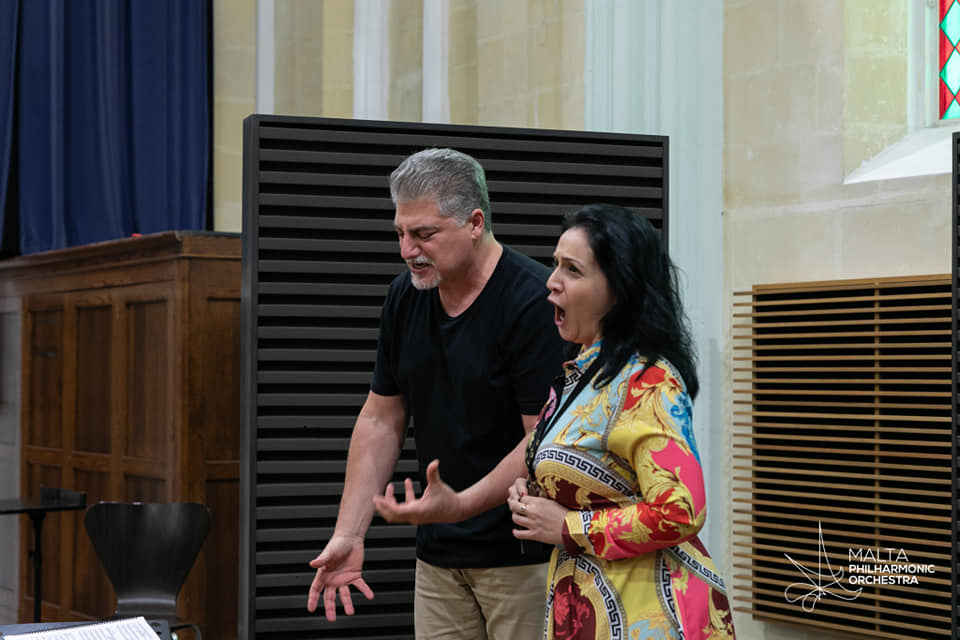
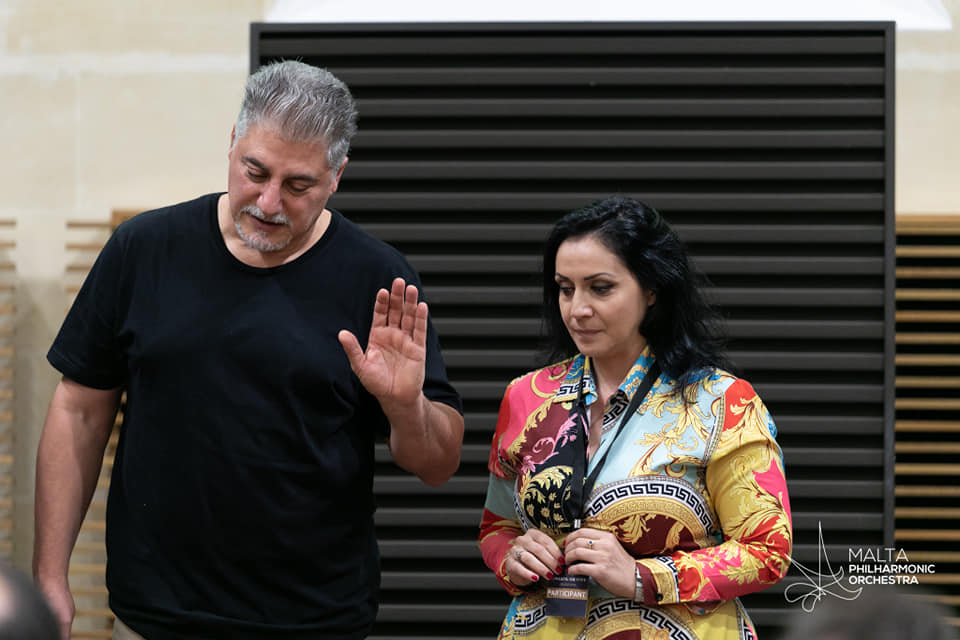
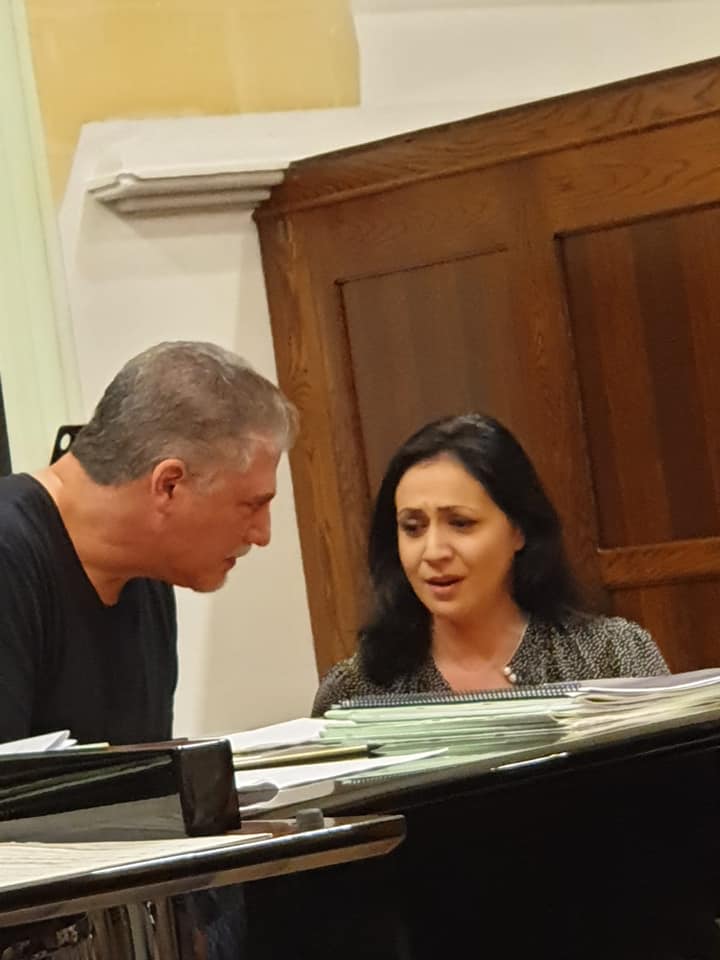
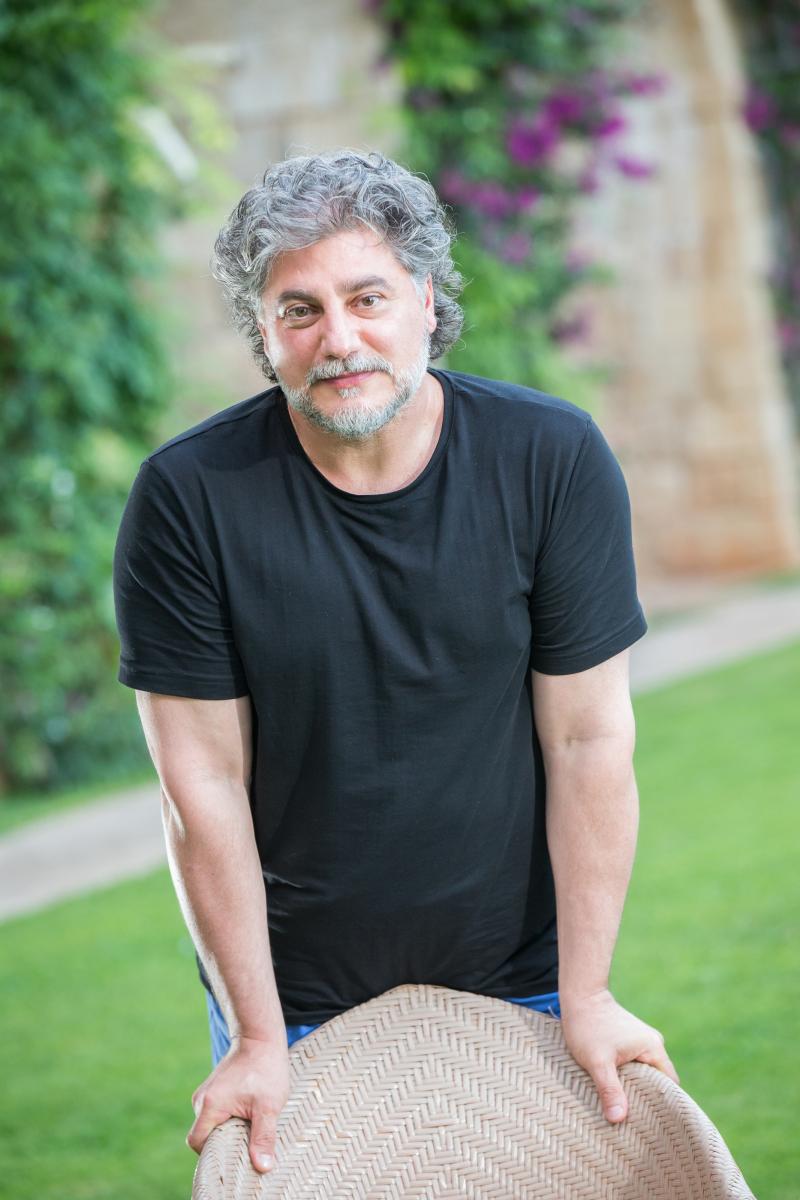
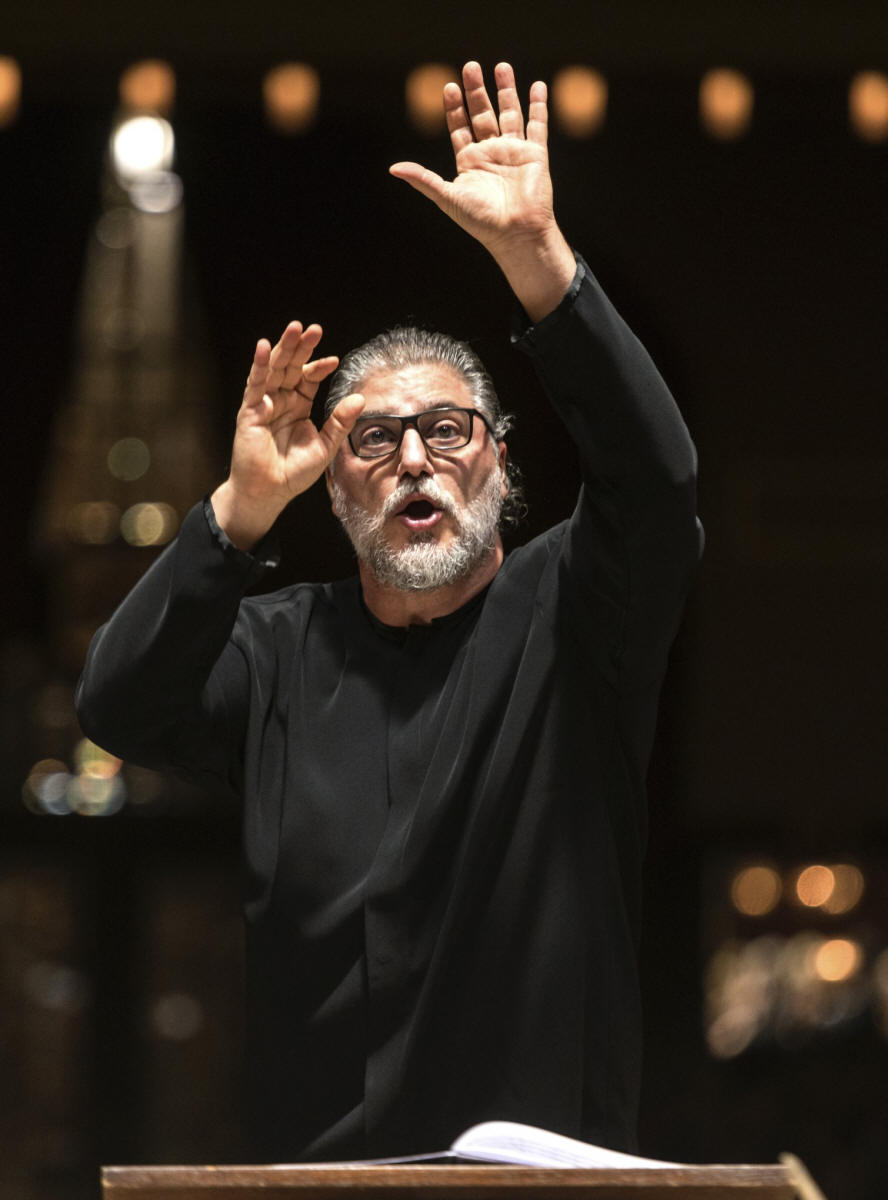

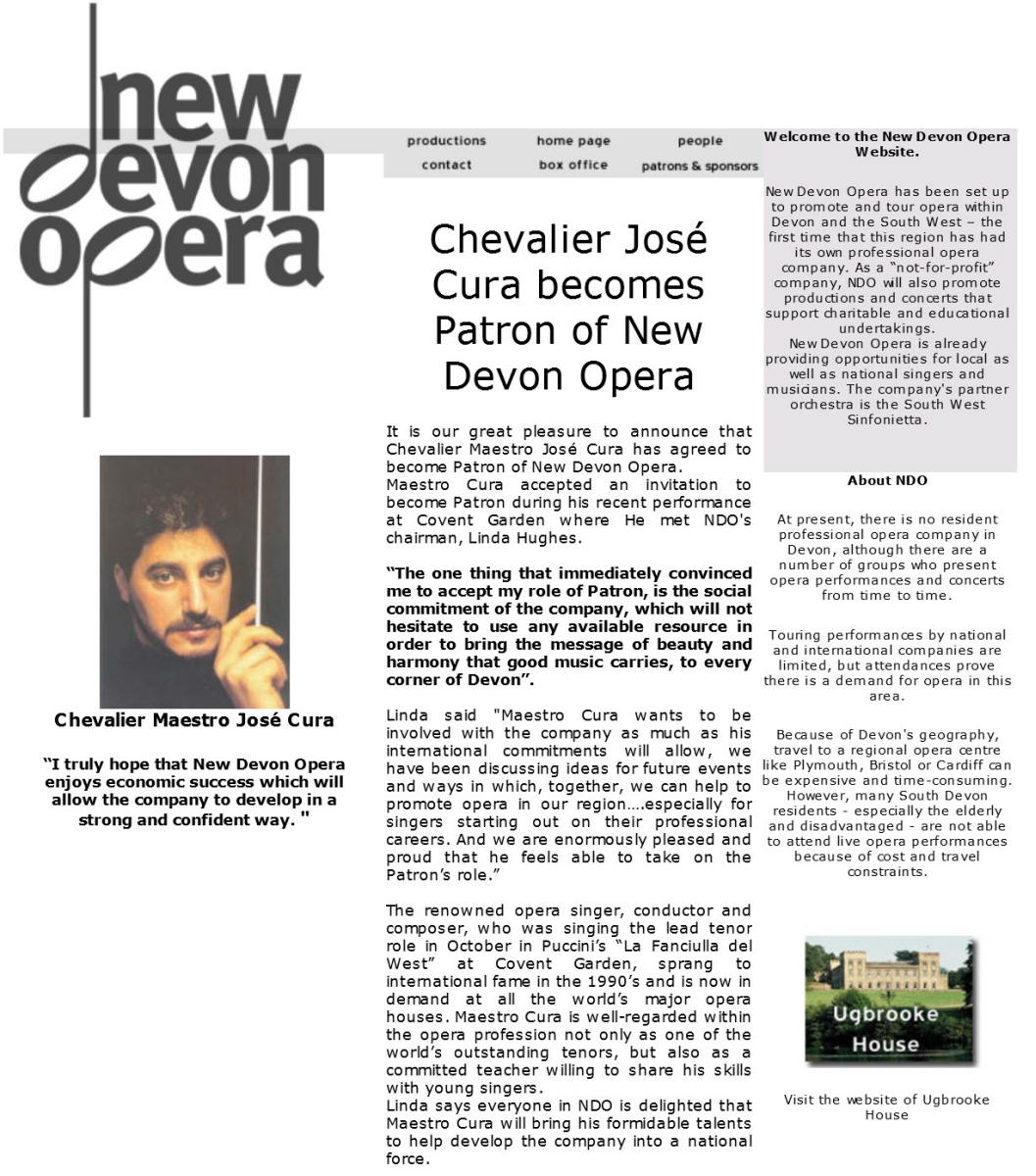
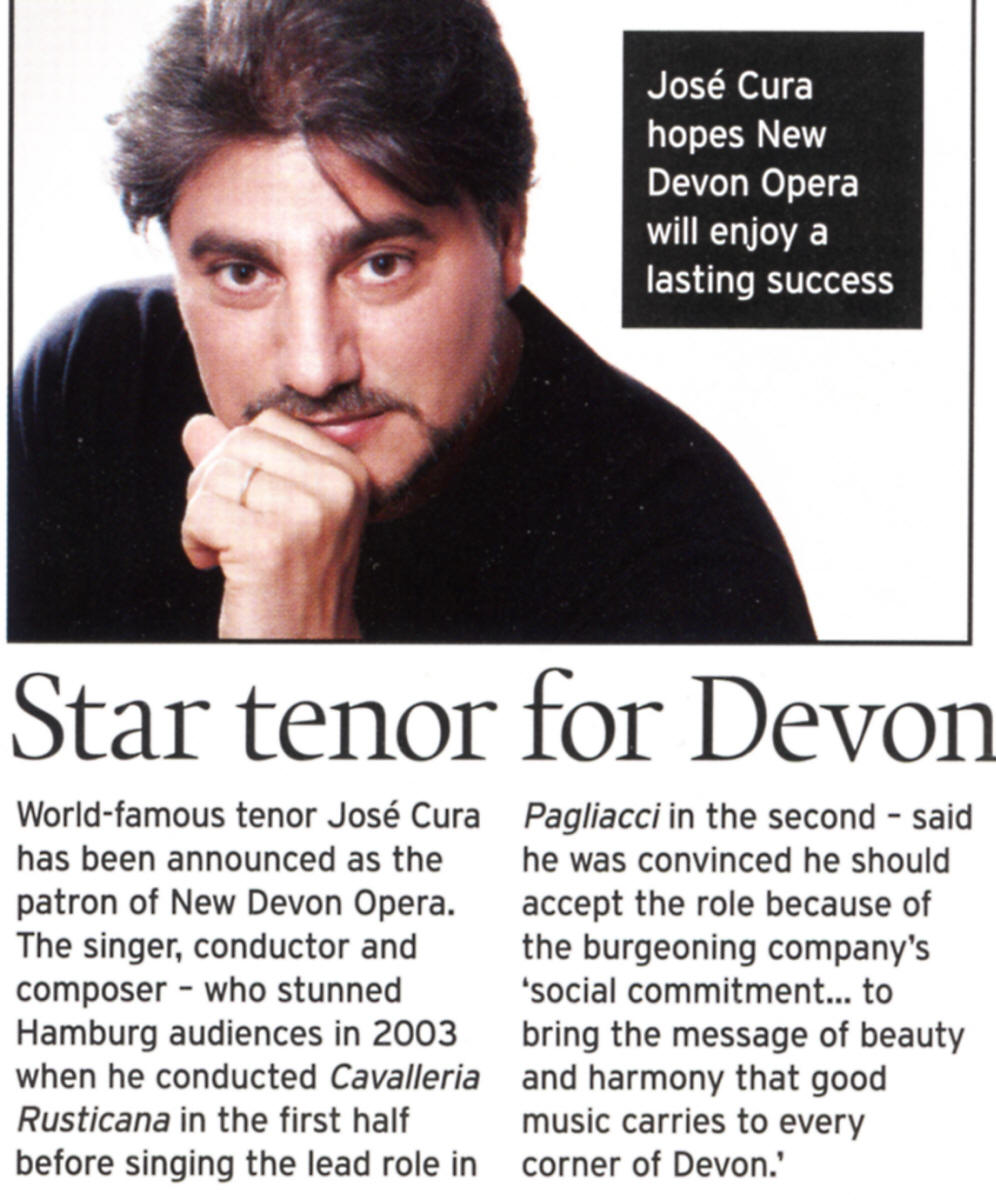


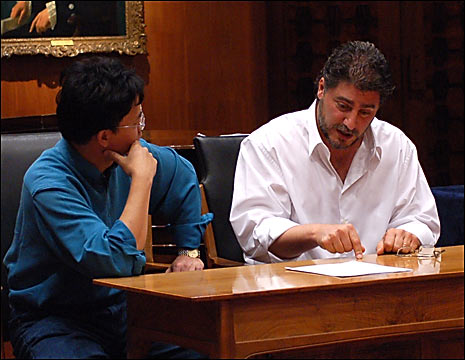

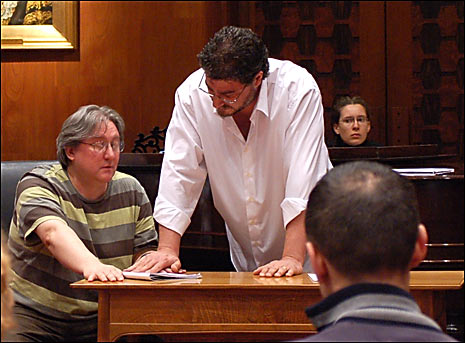

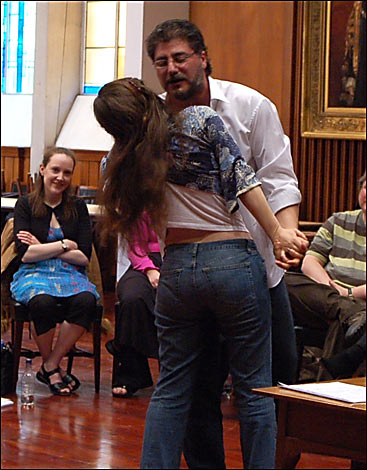


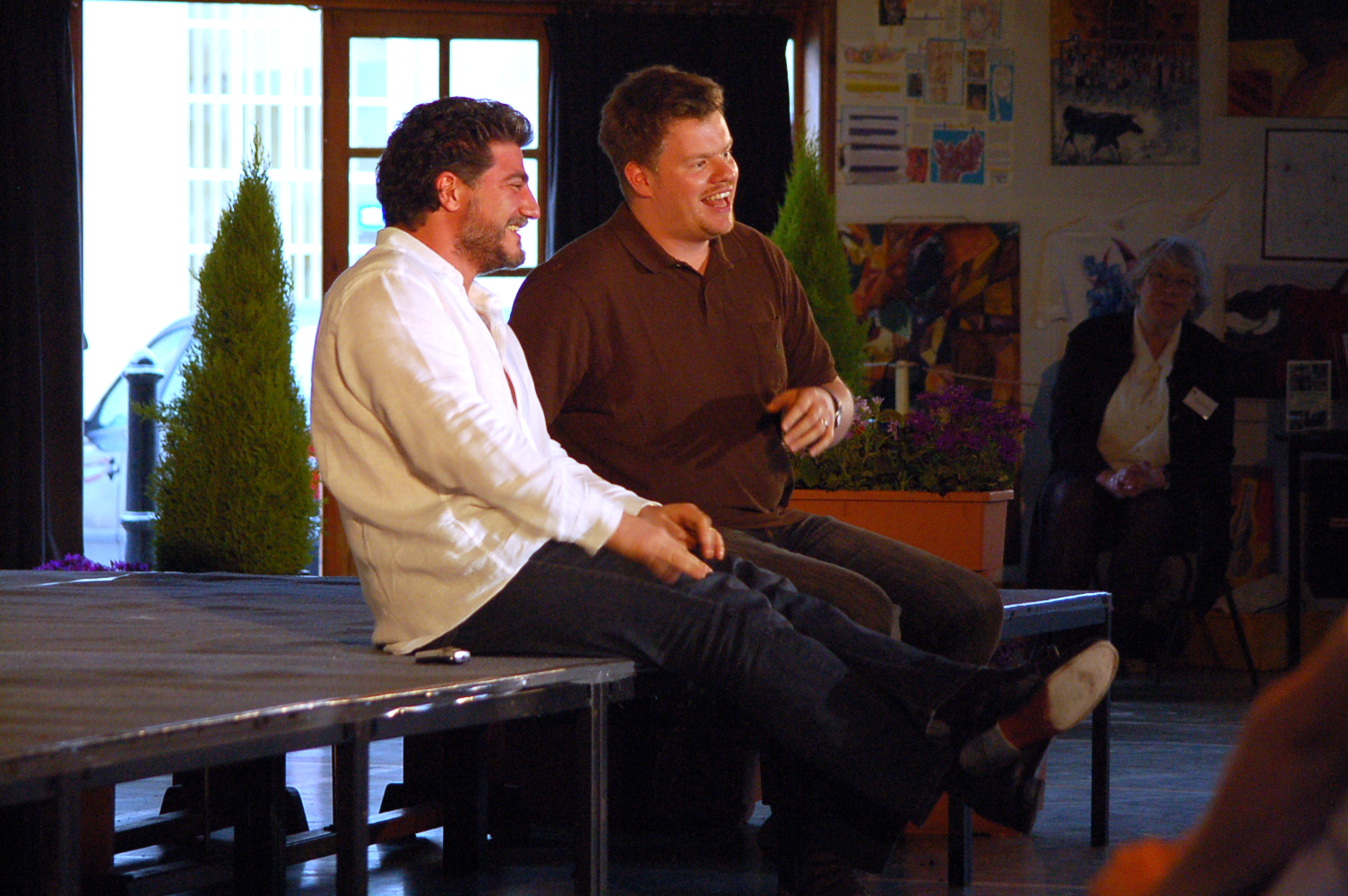
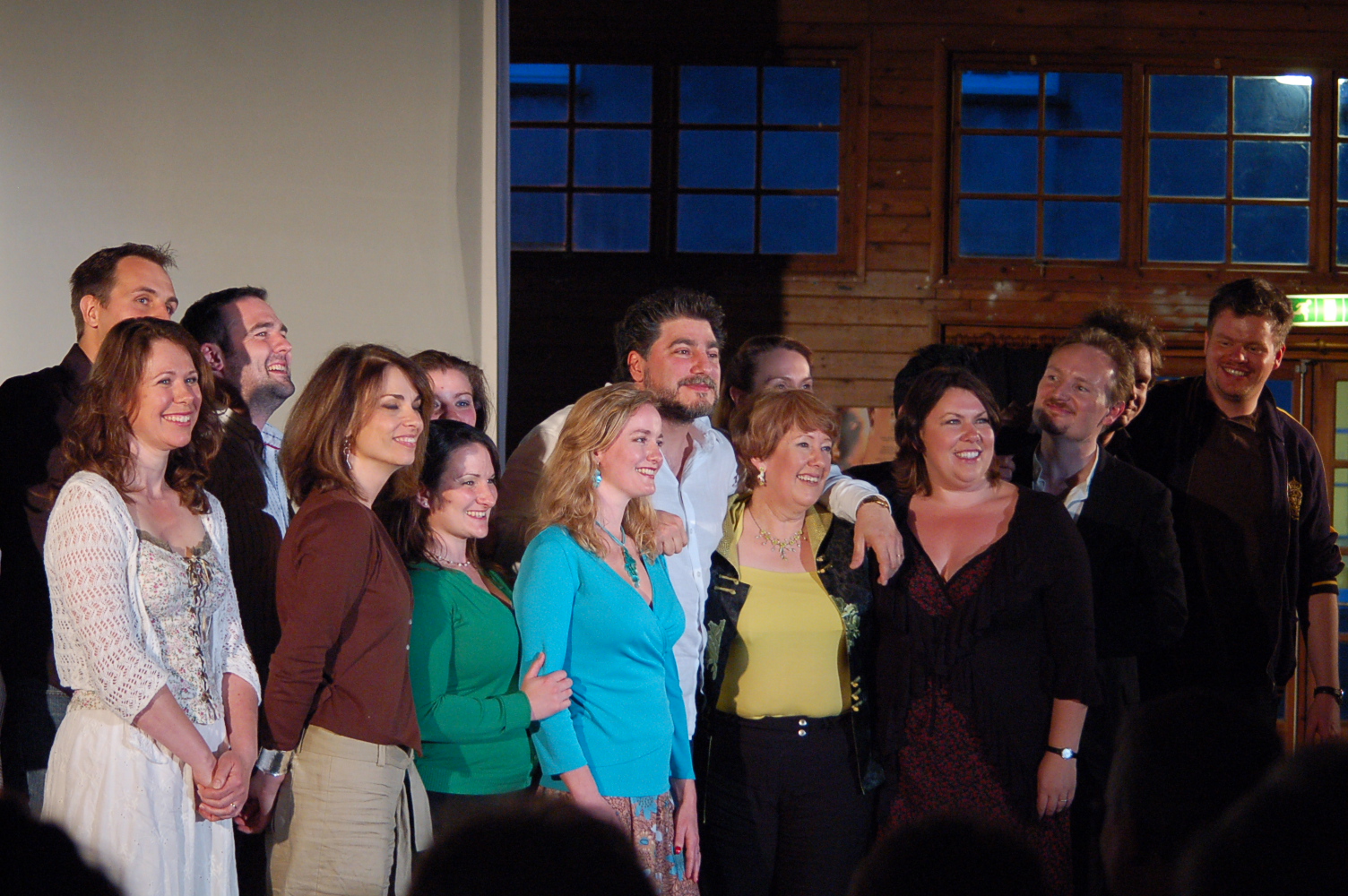
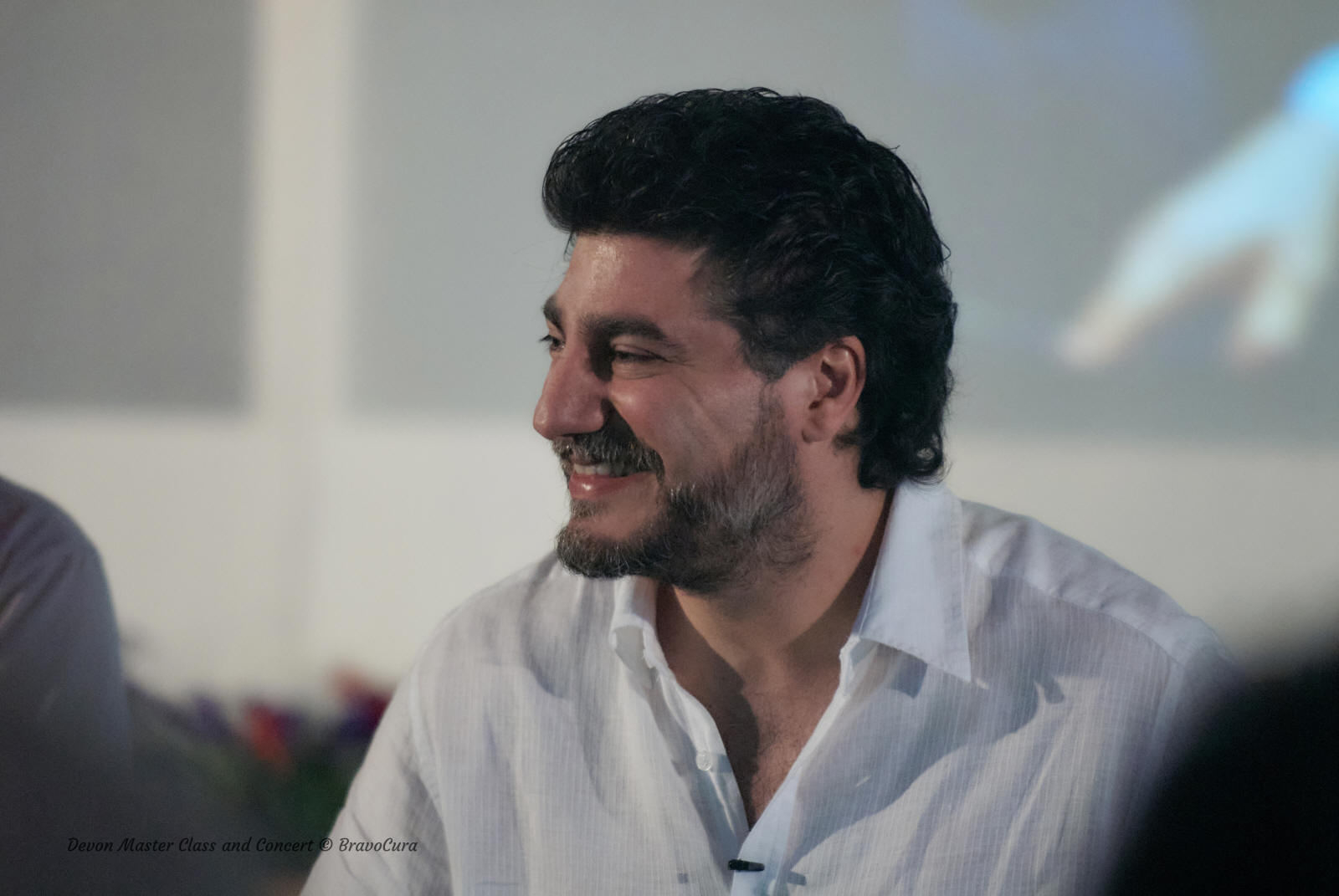
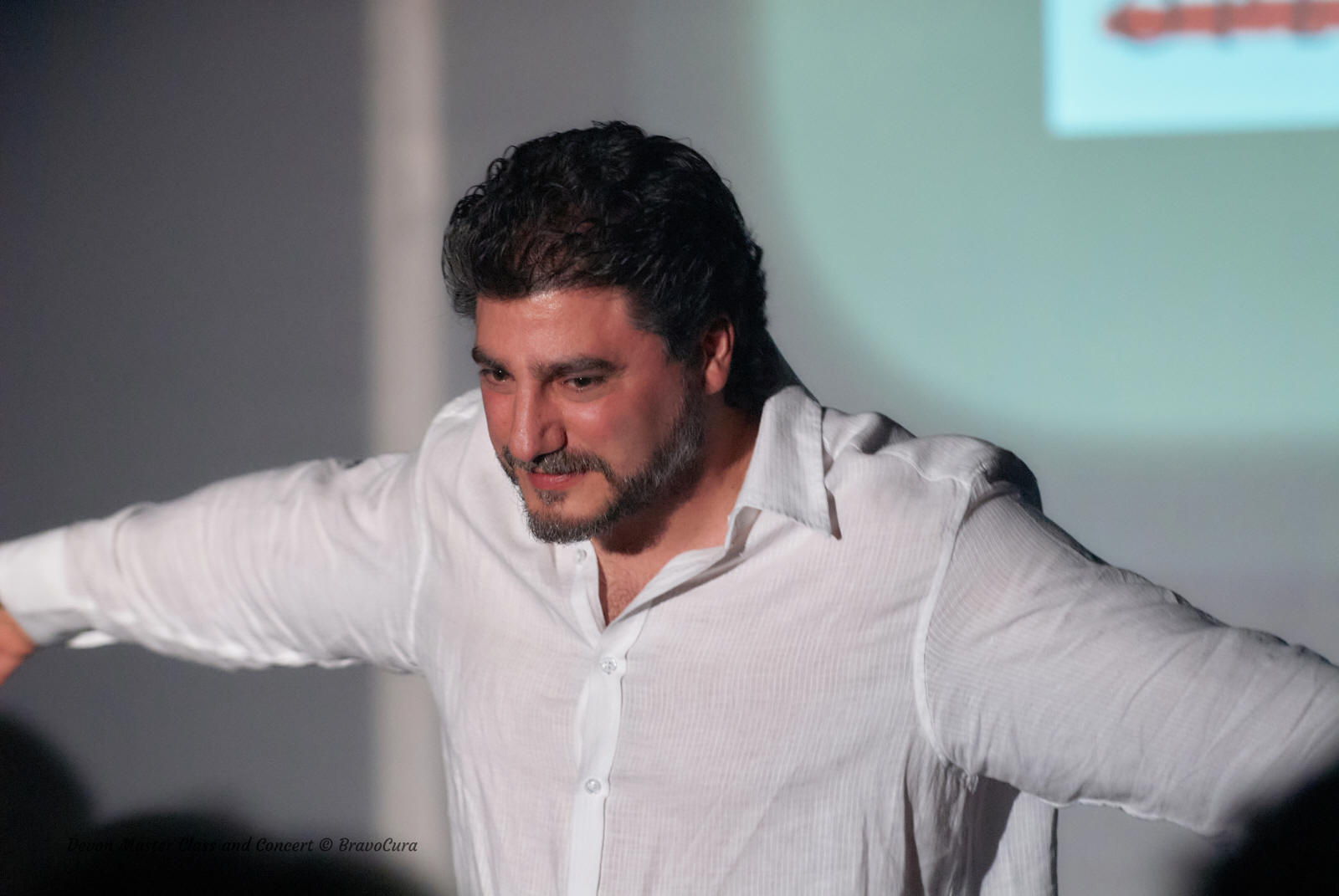
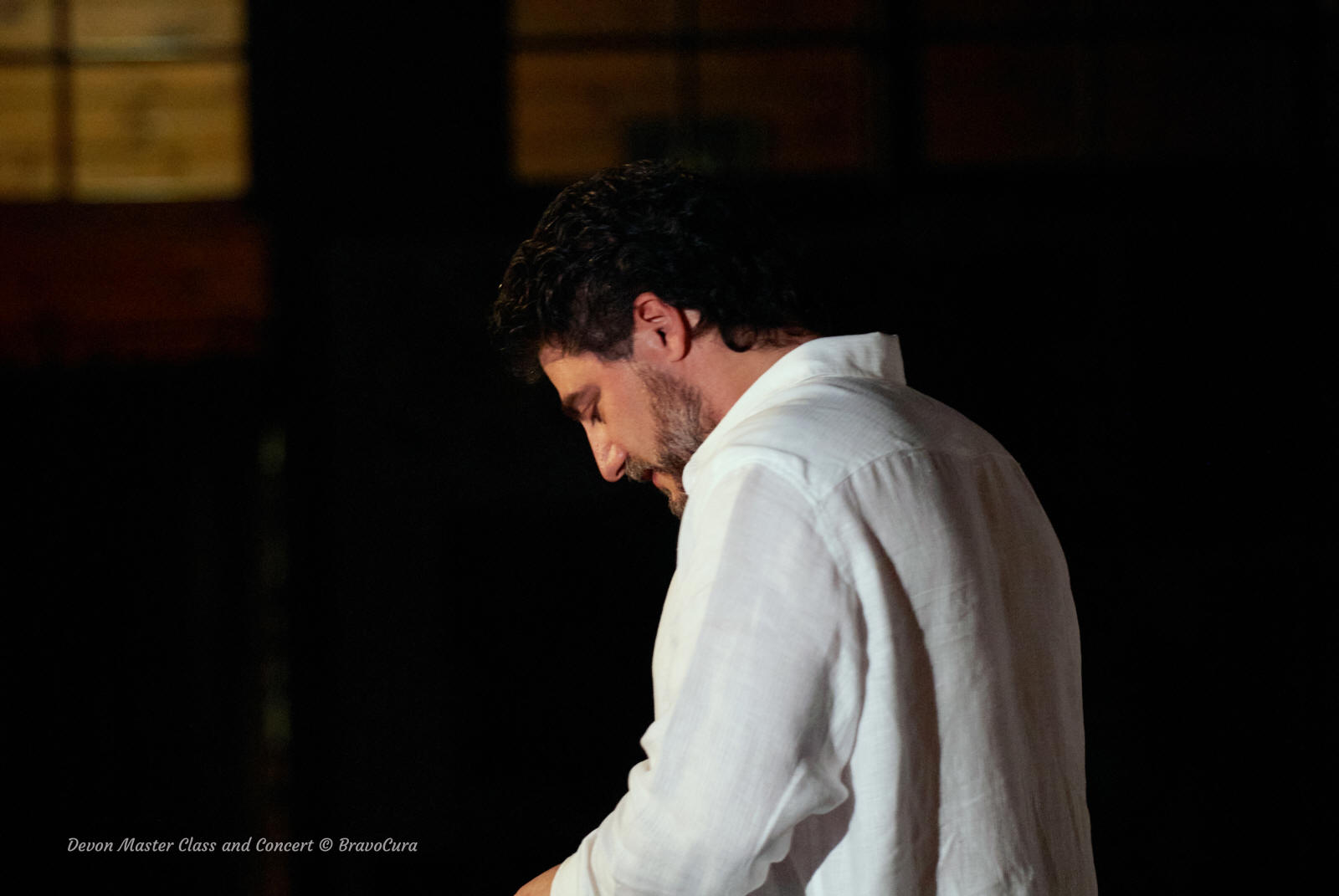
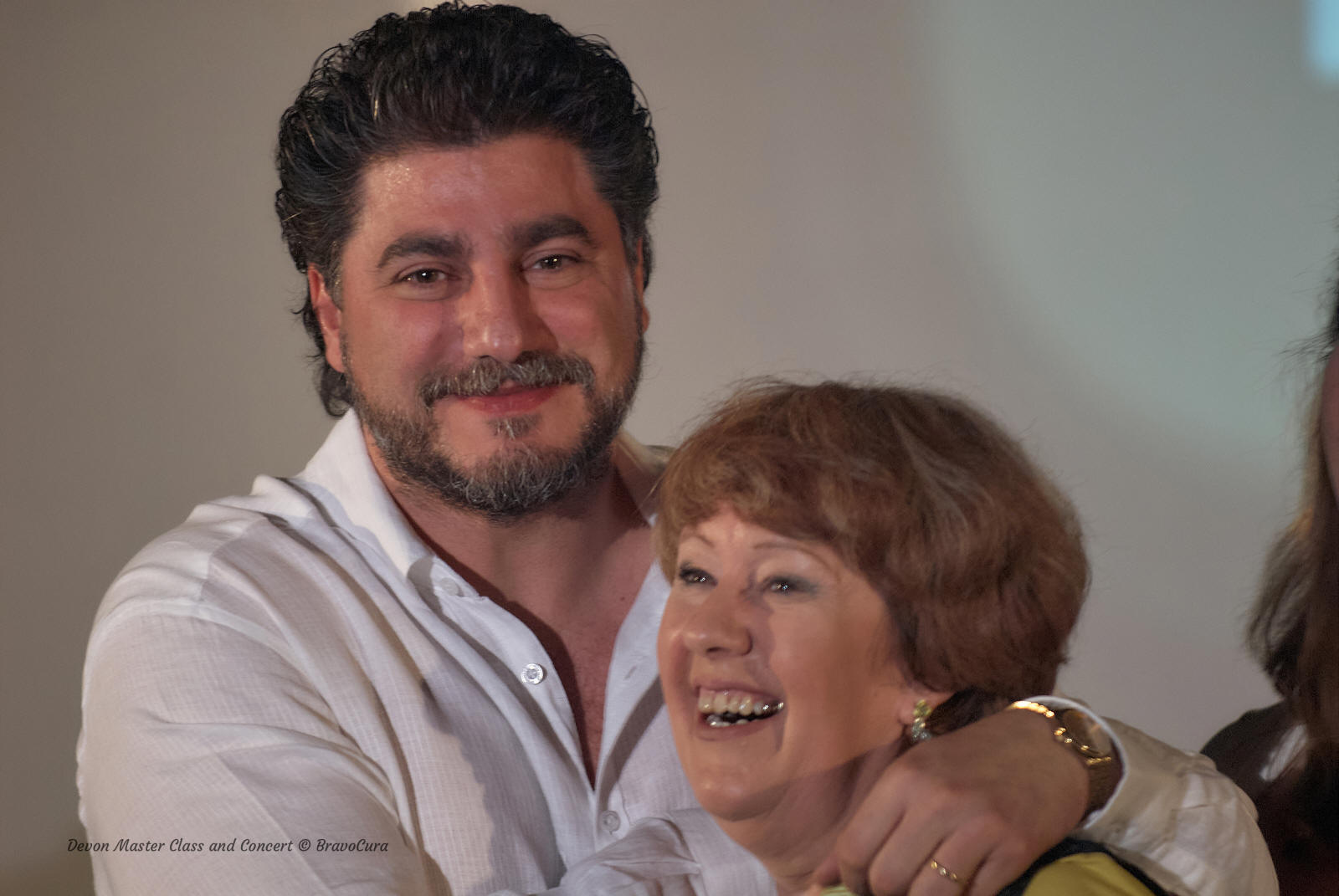
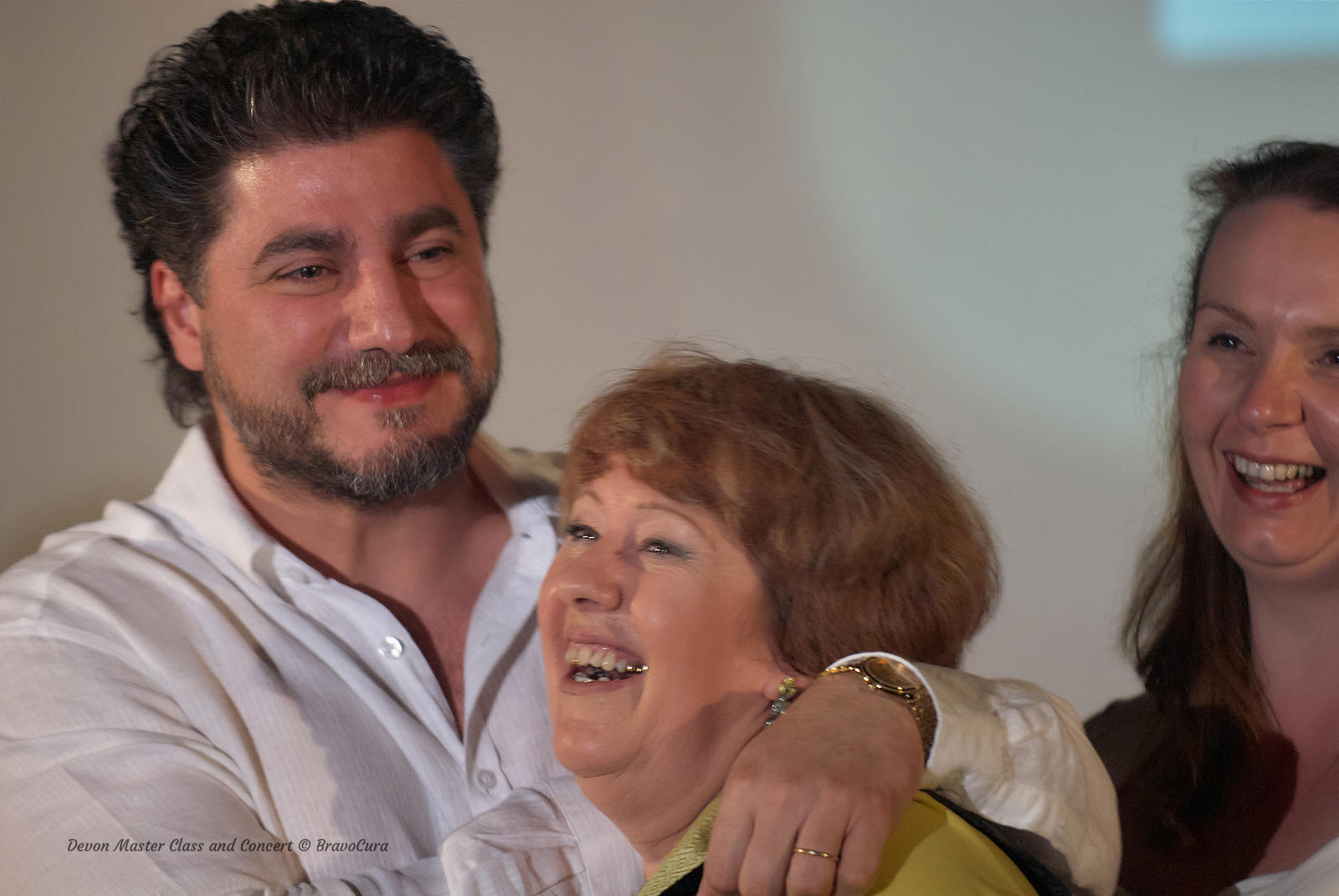
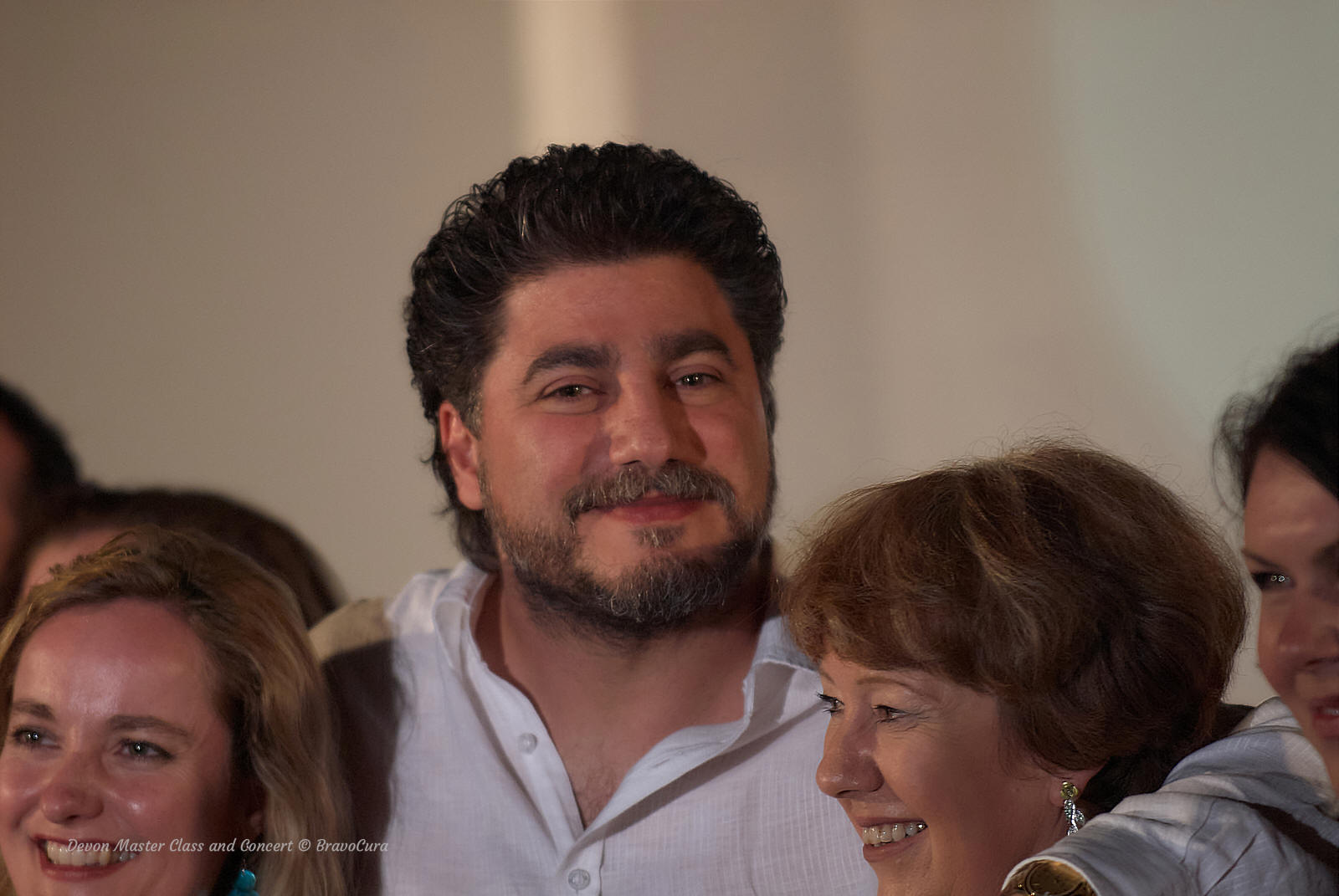
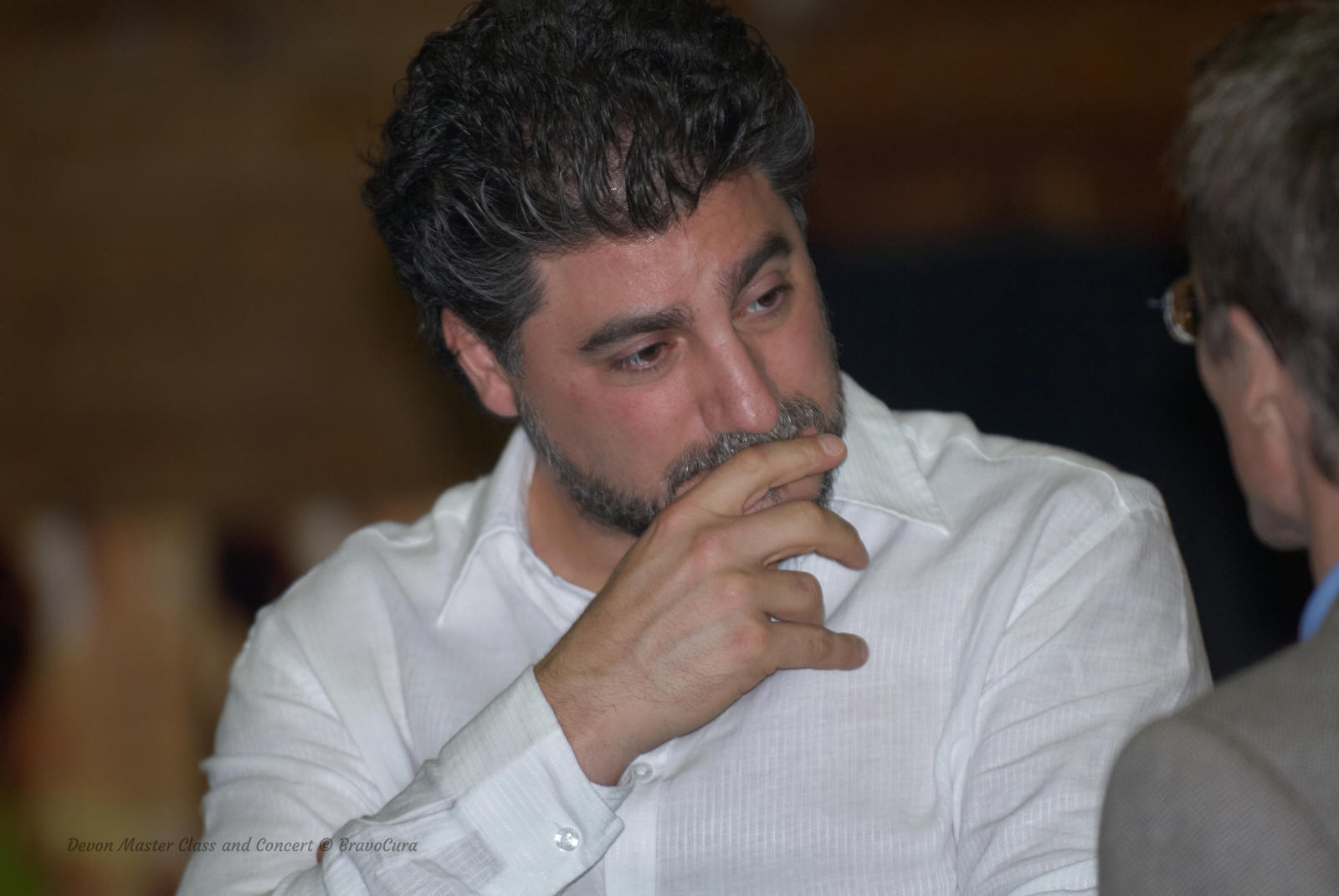
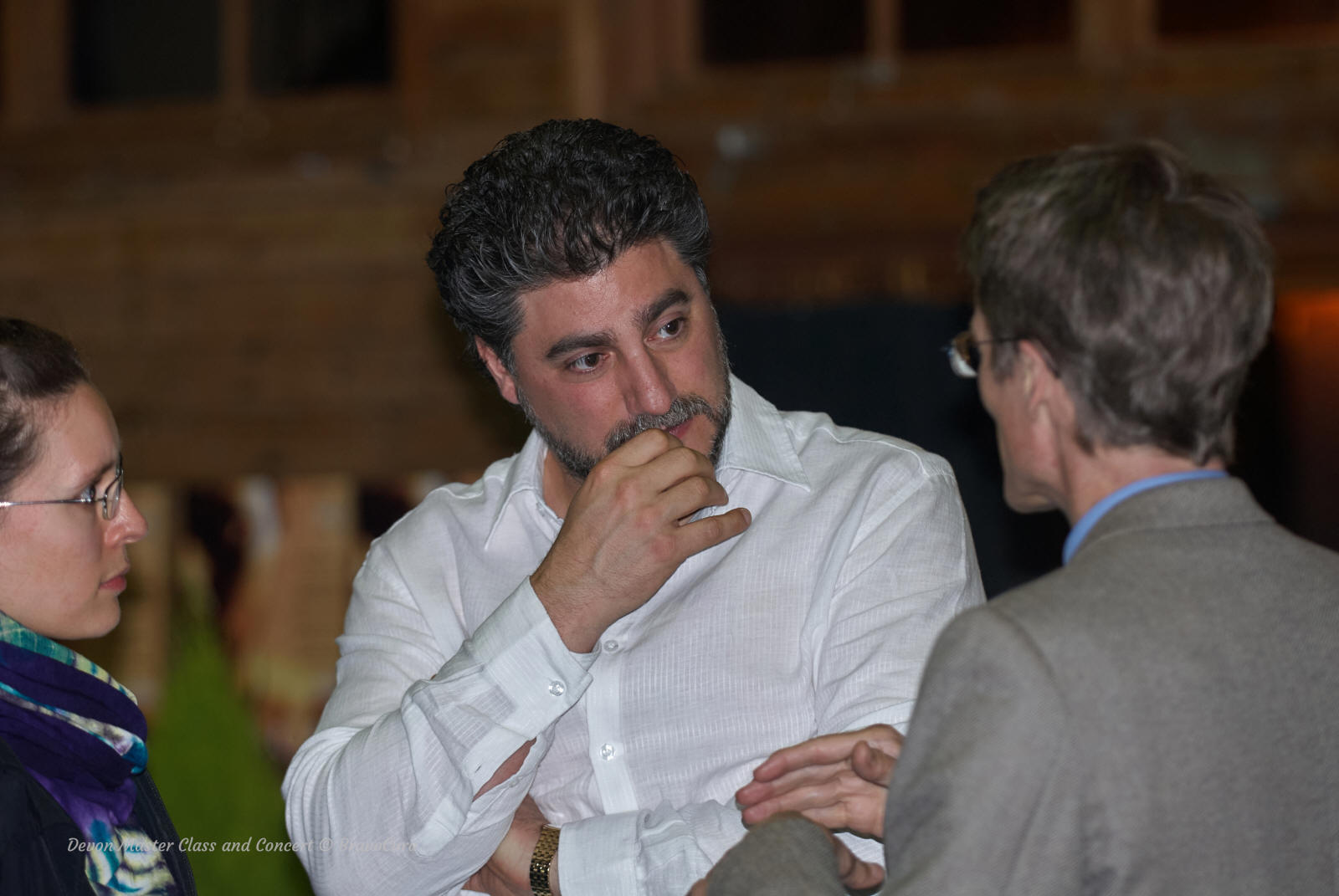
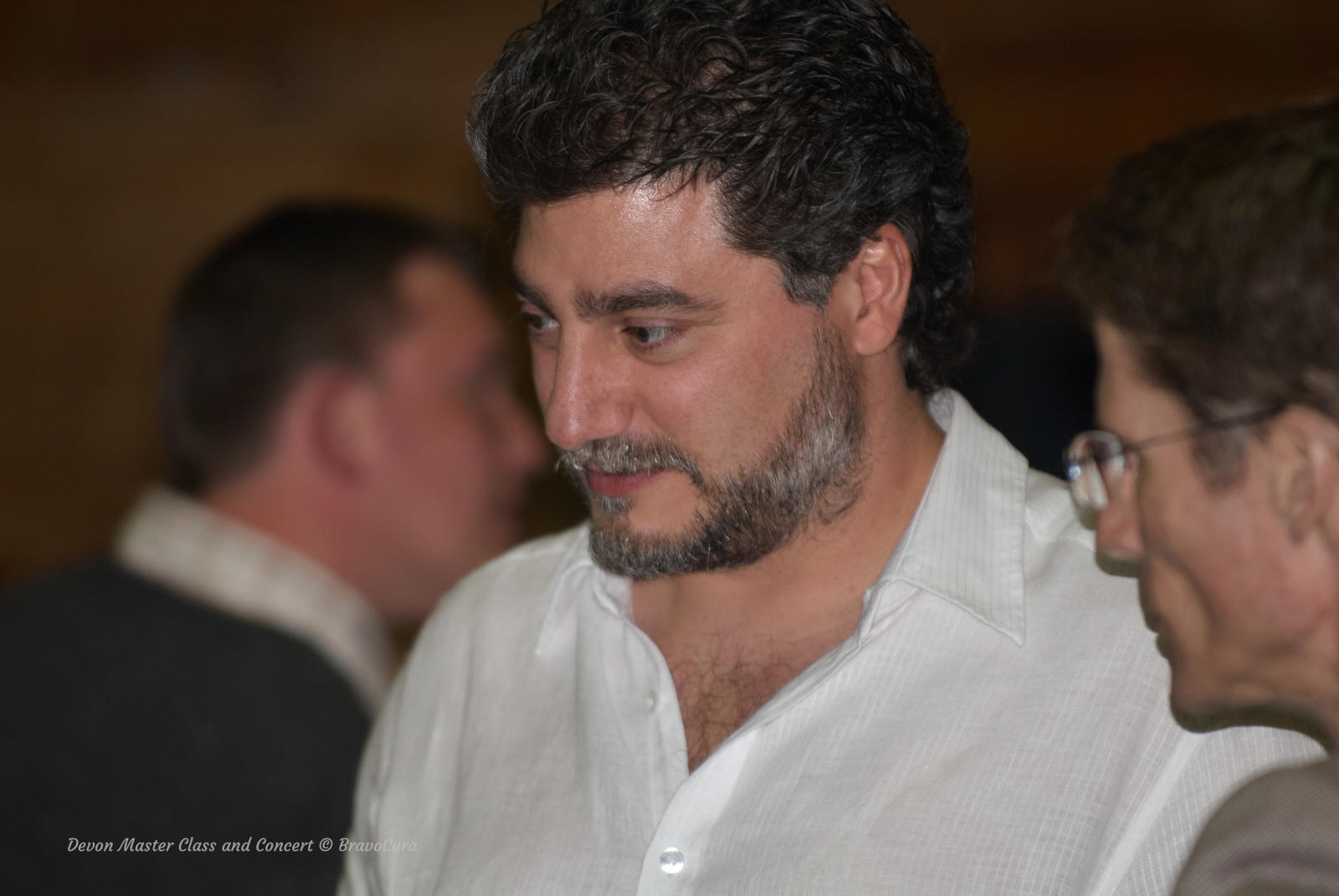
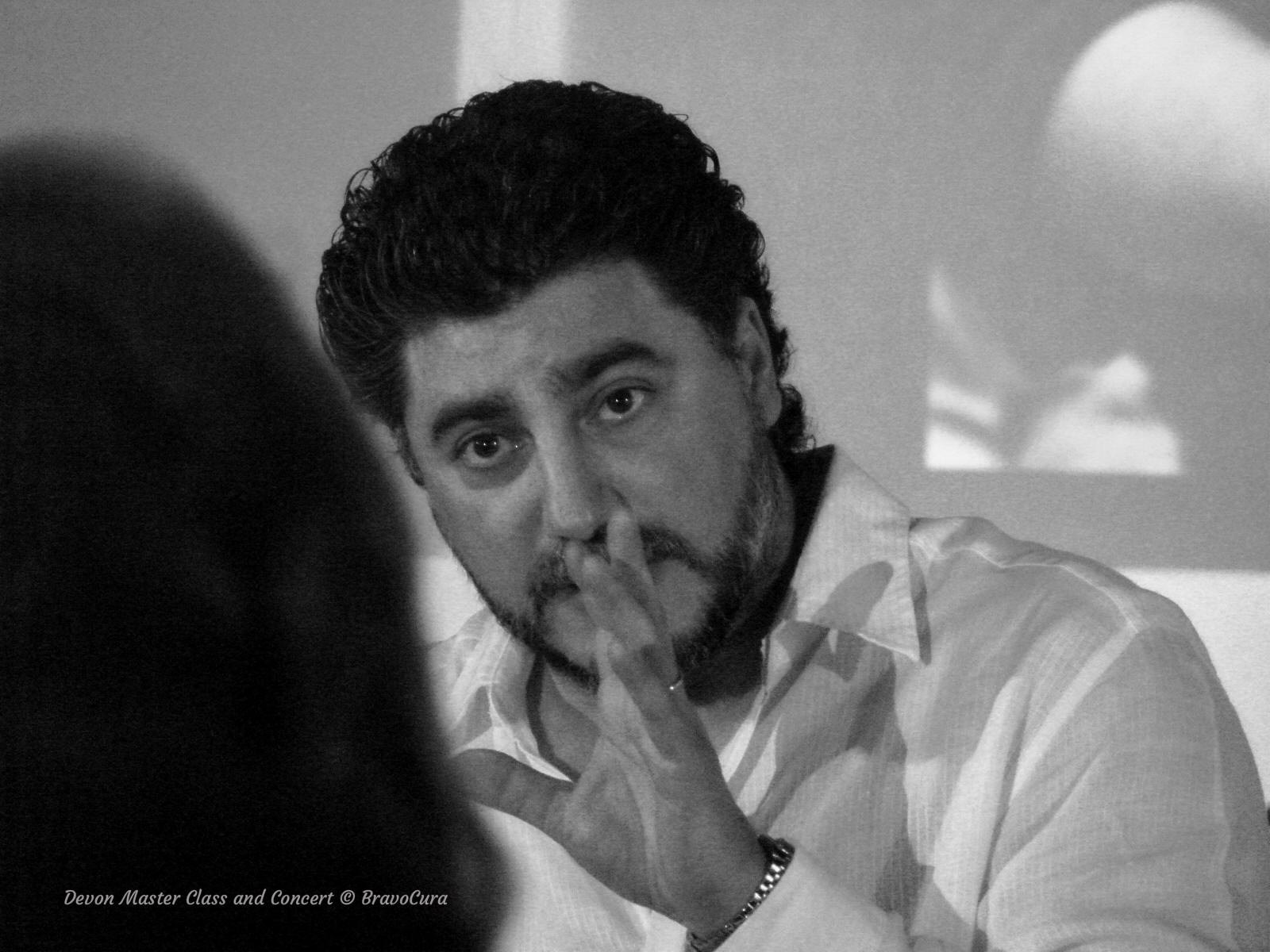
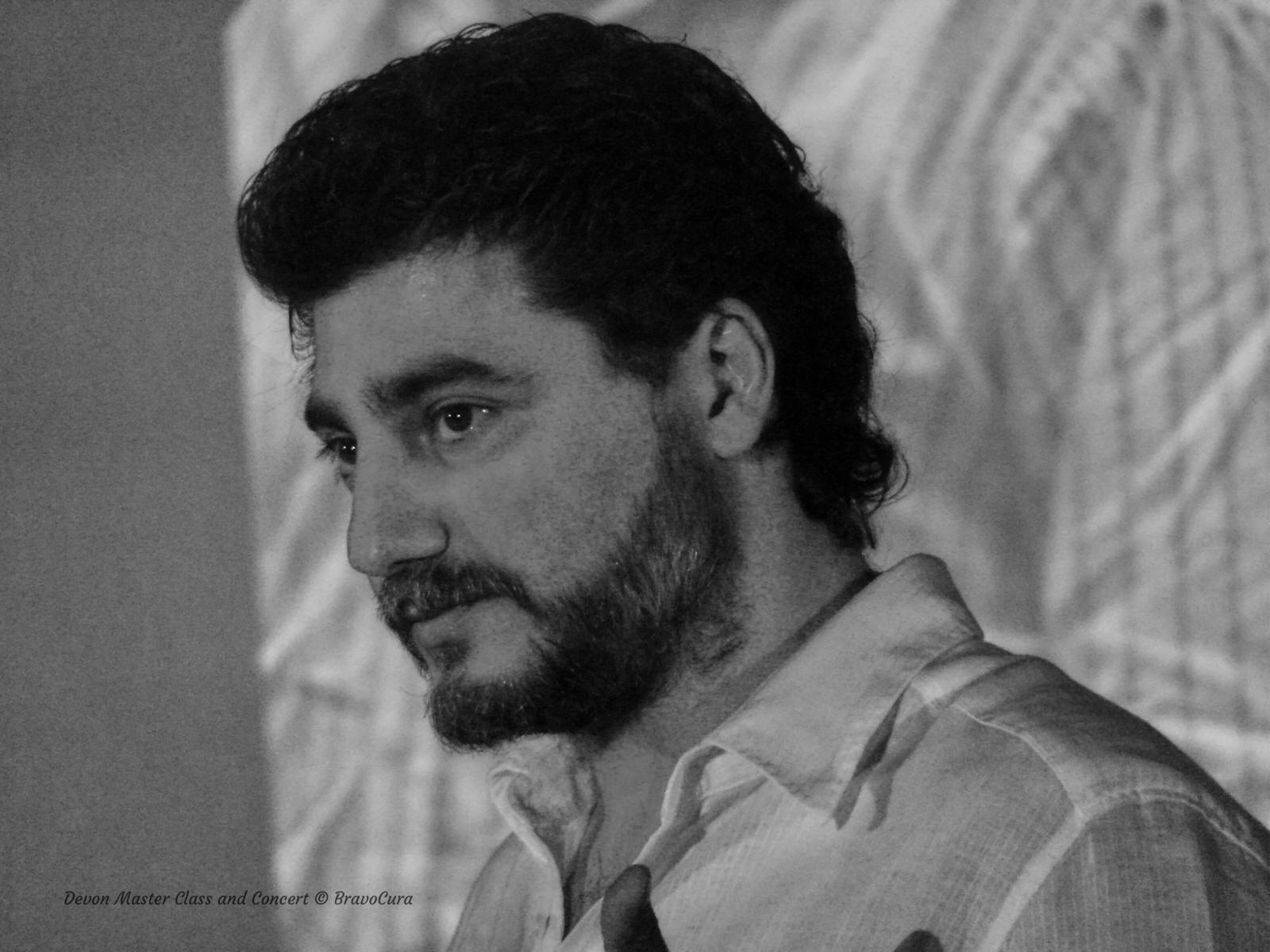
.jpg)
